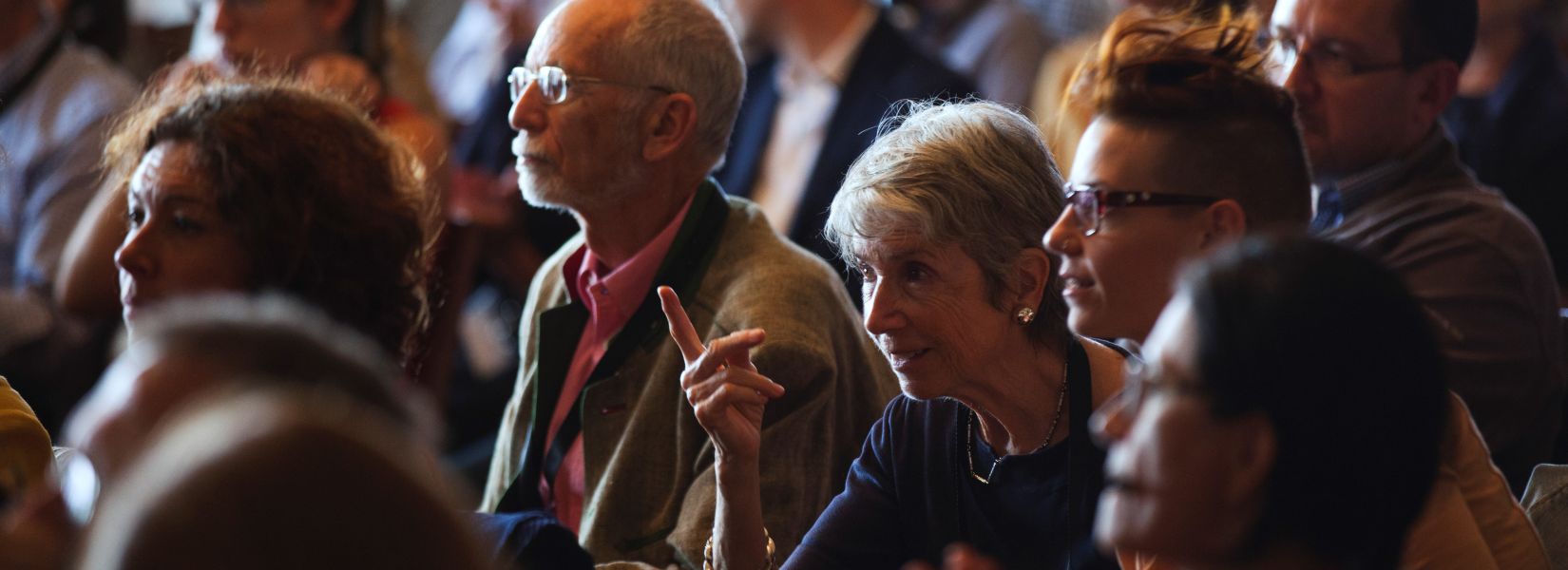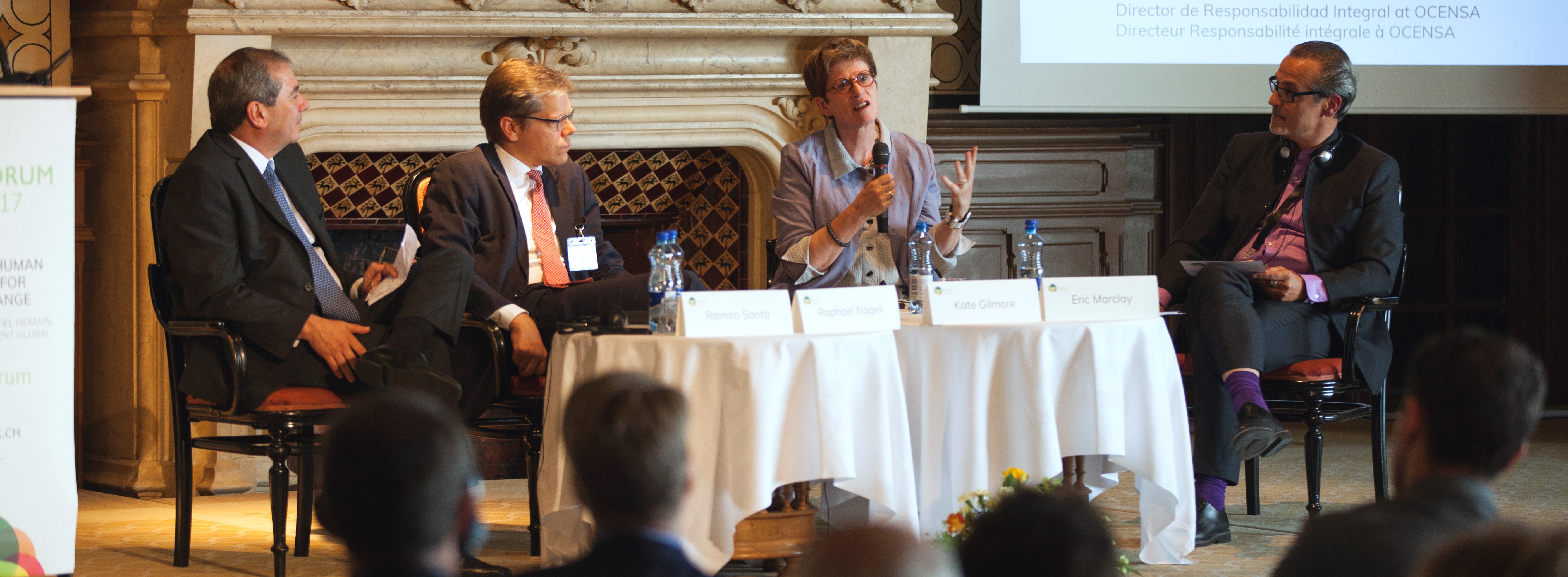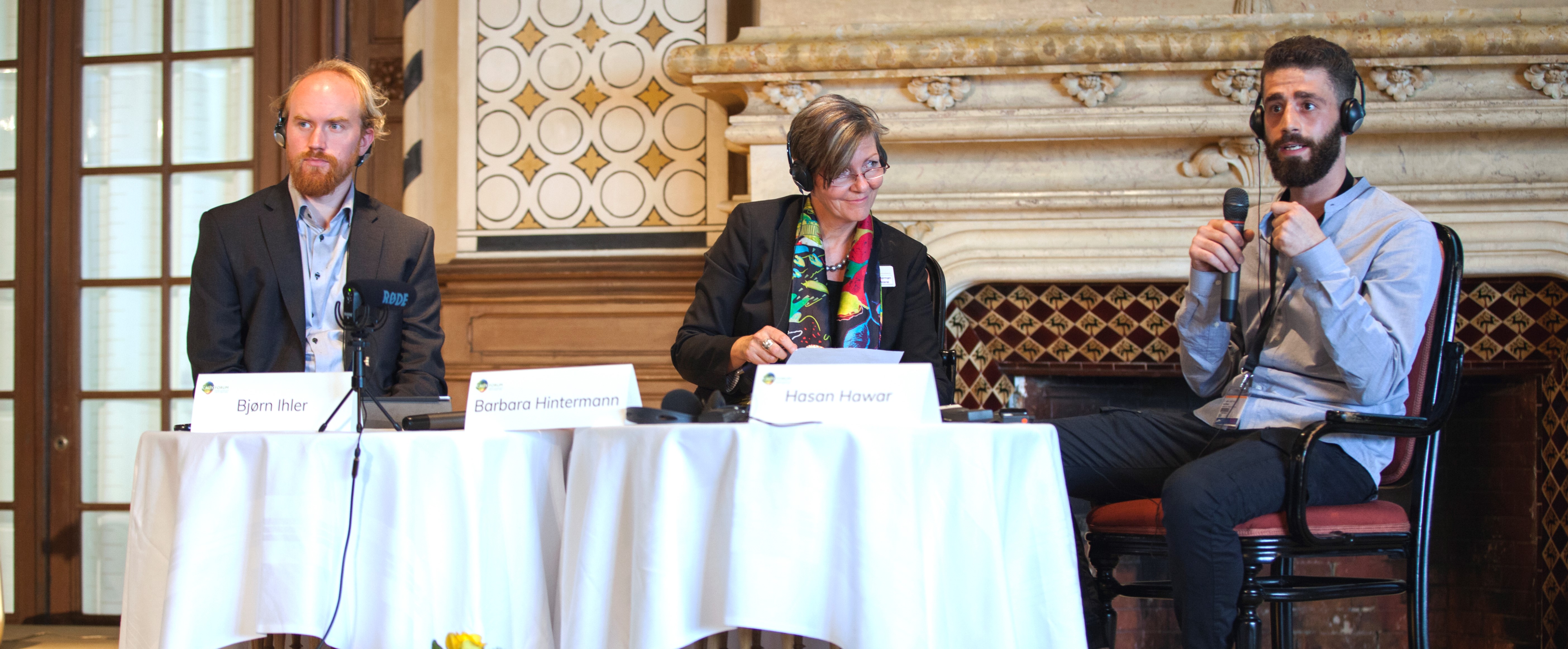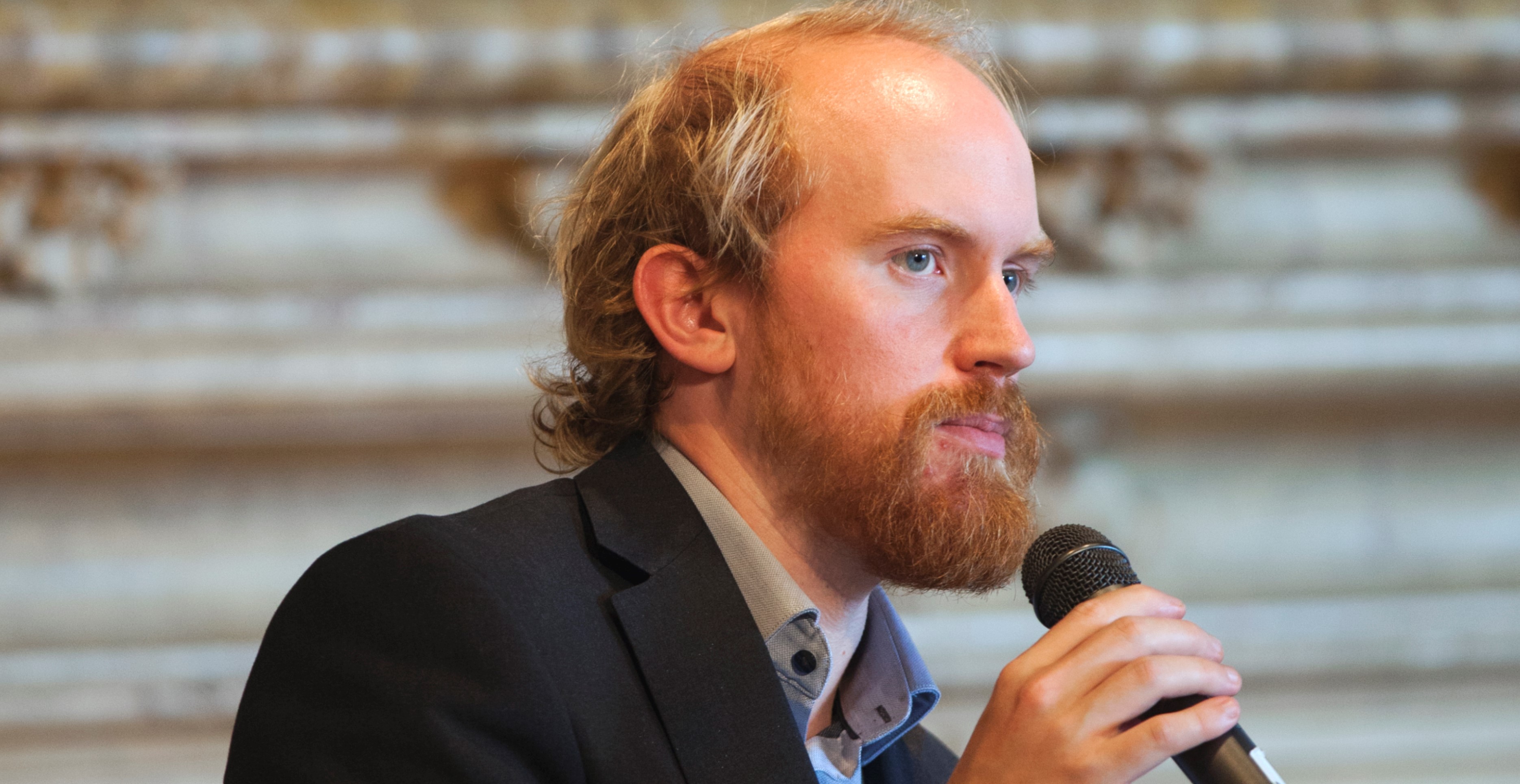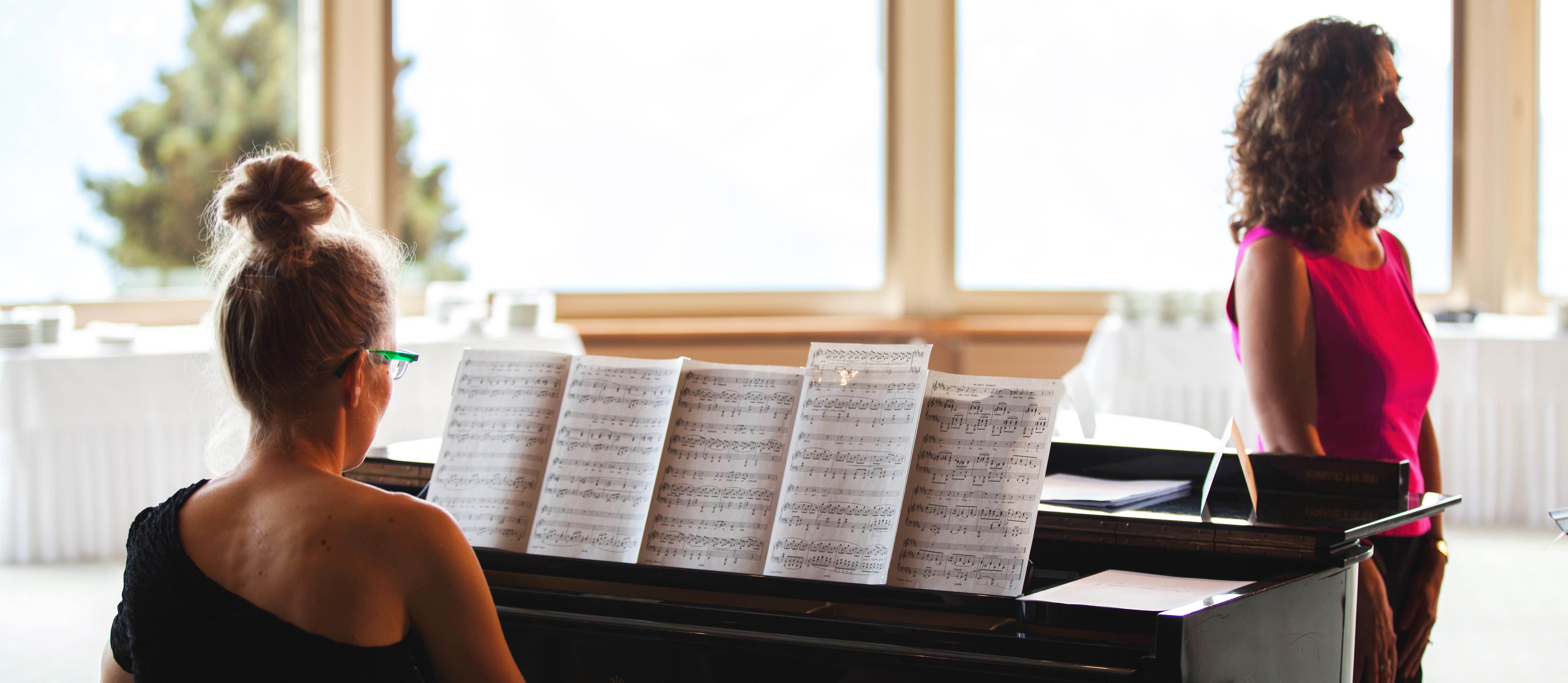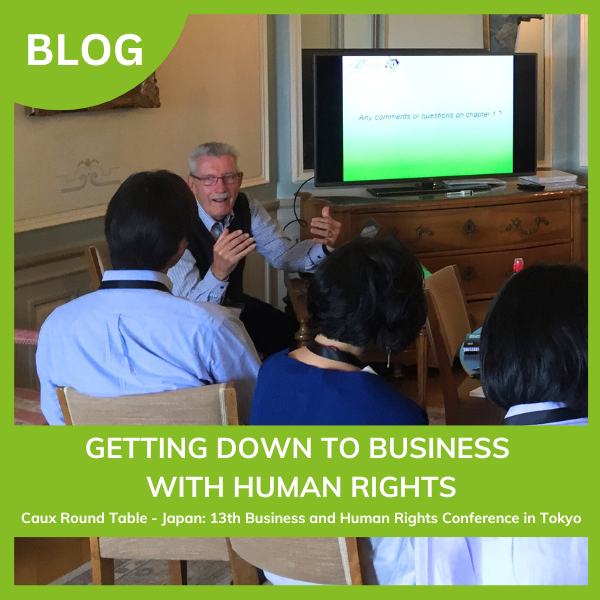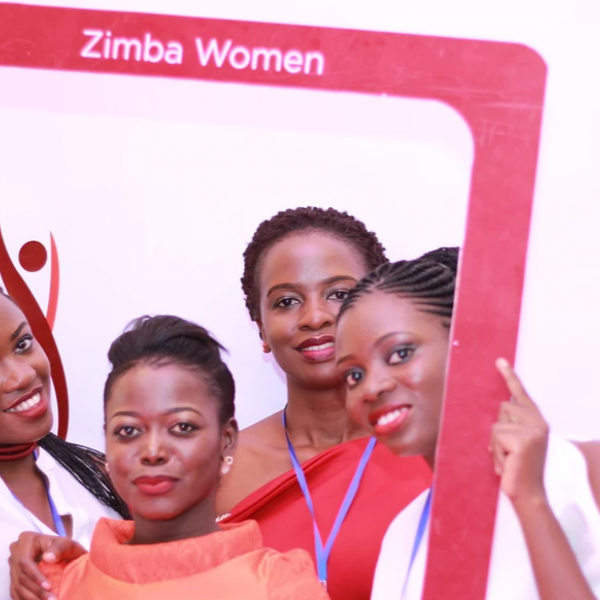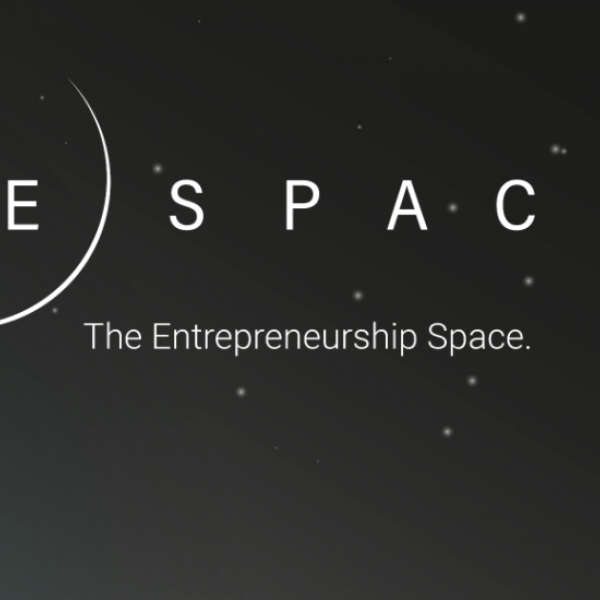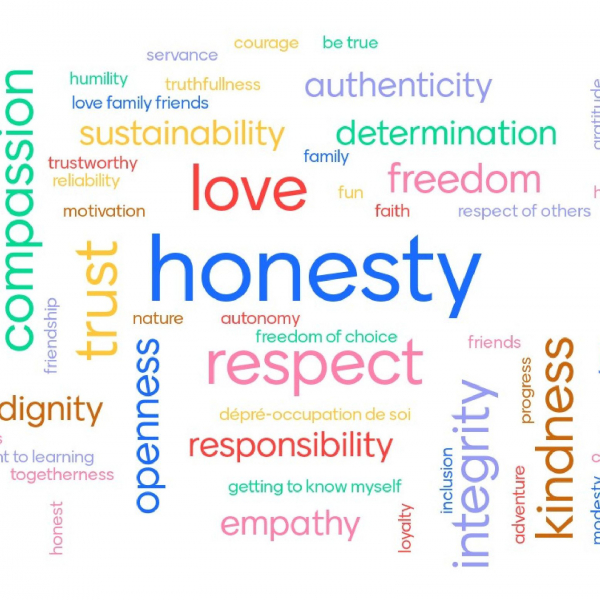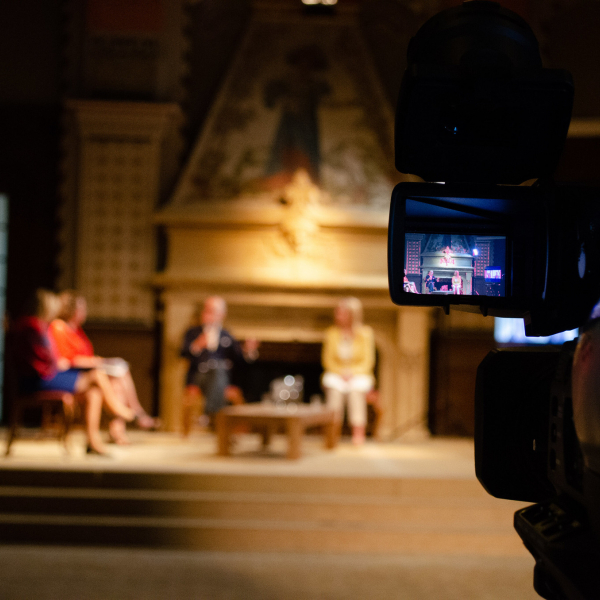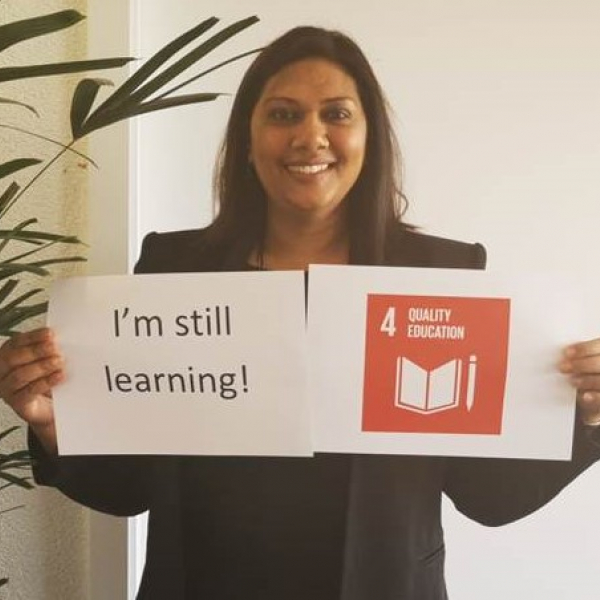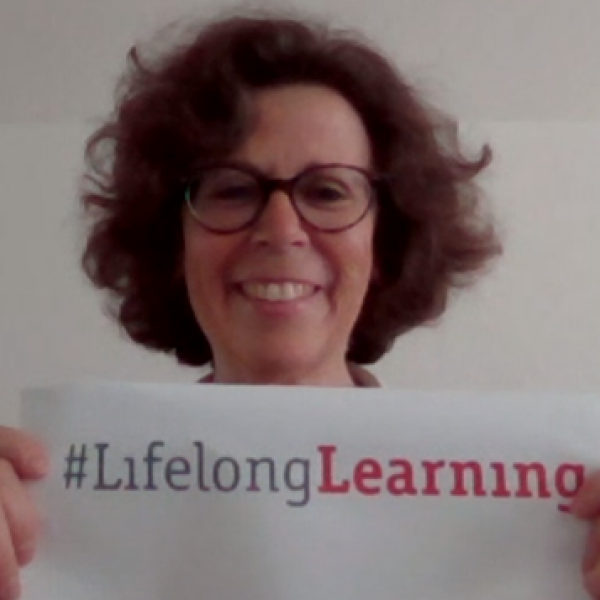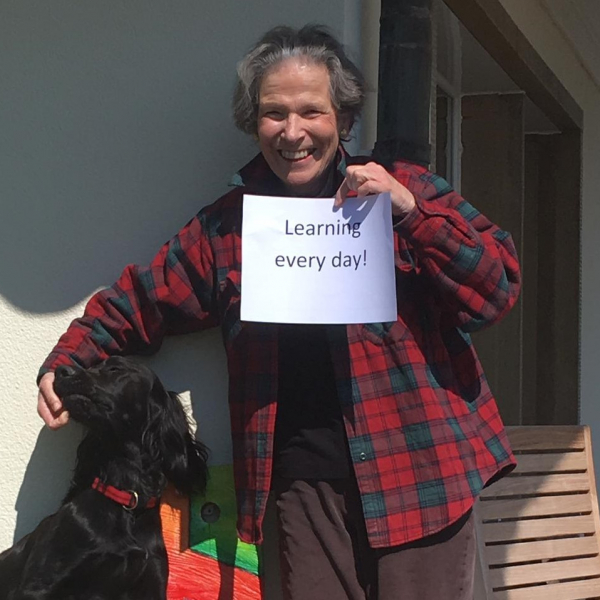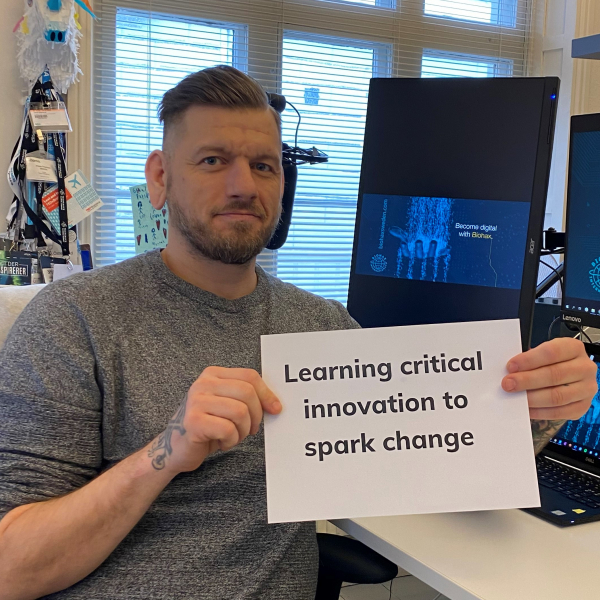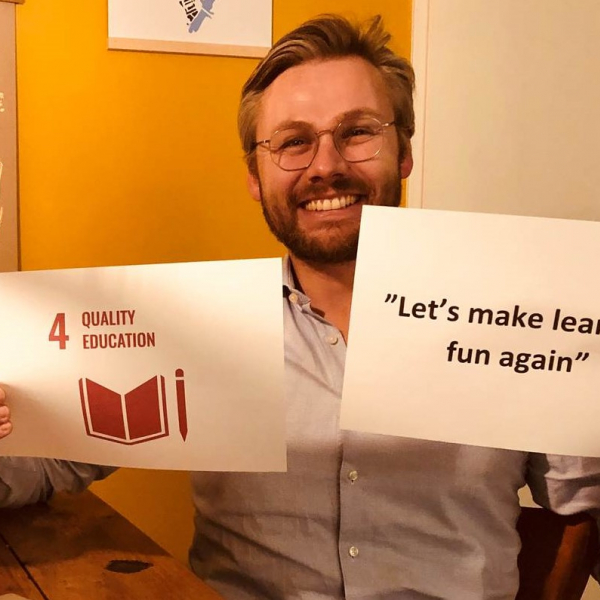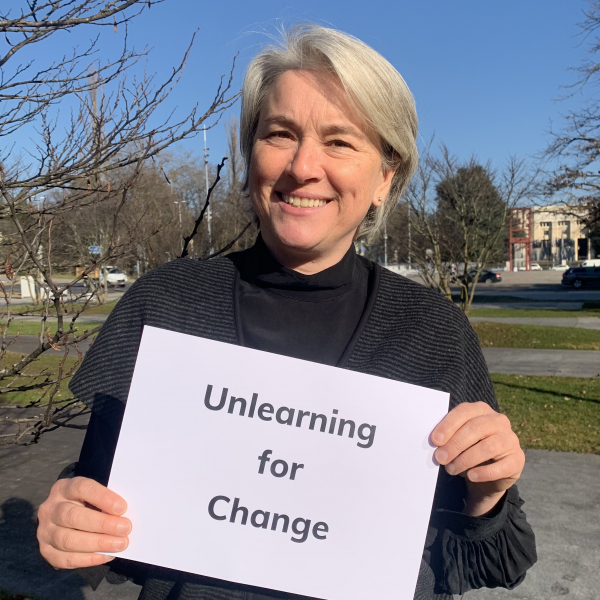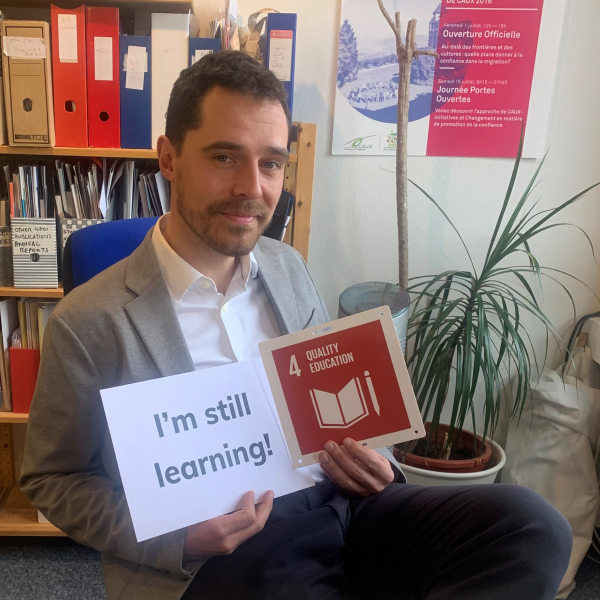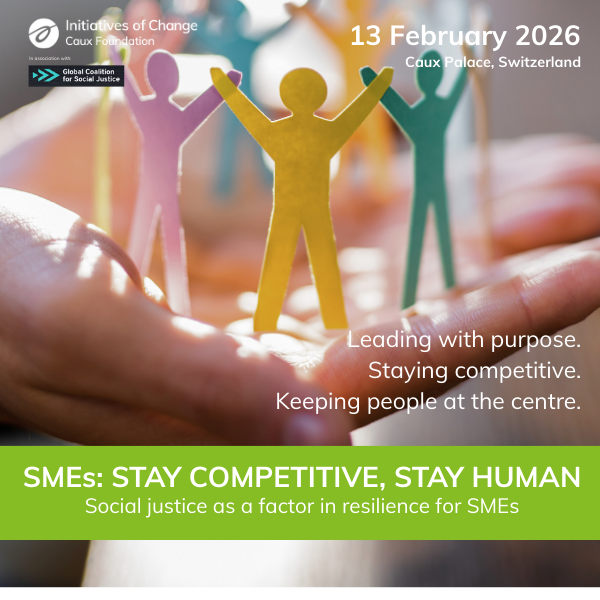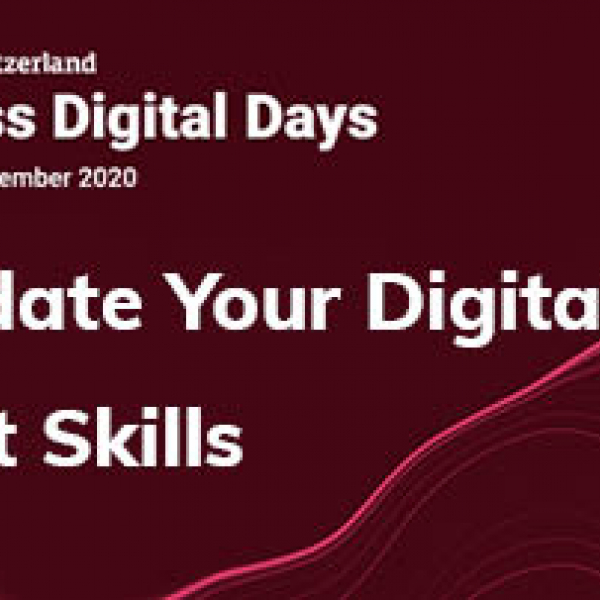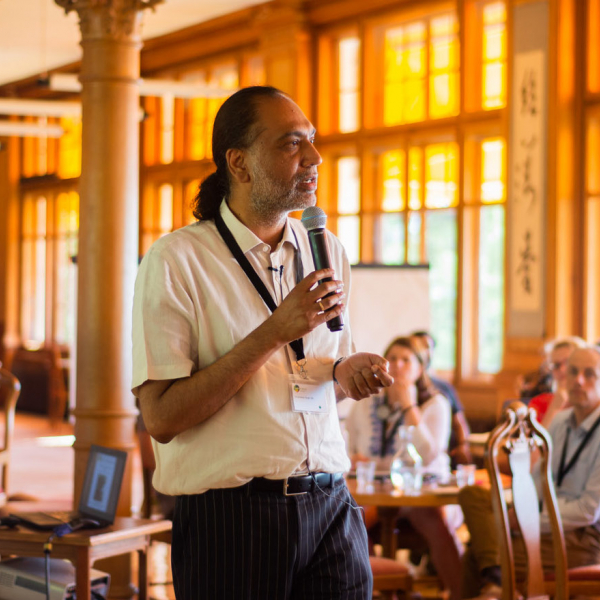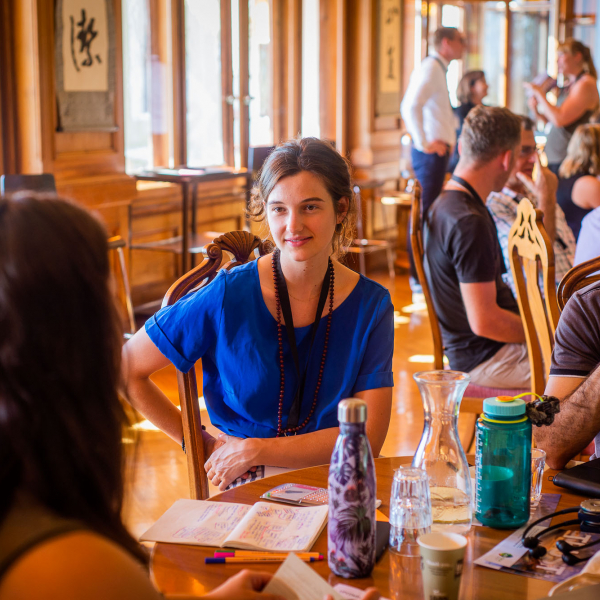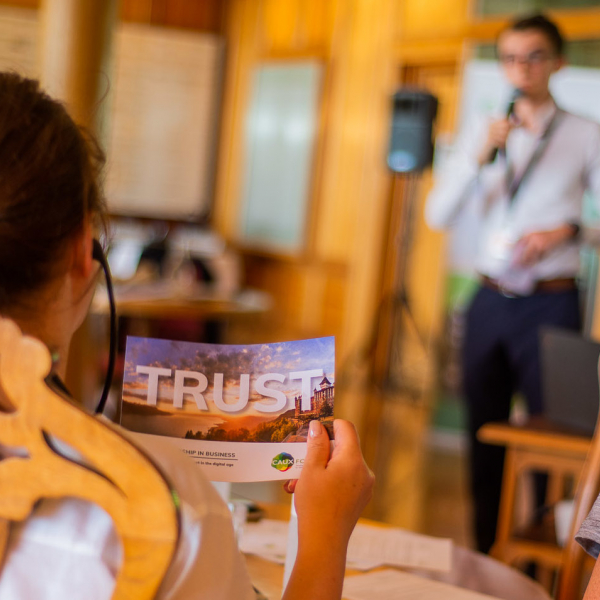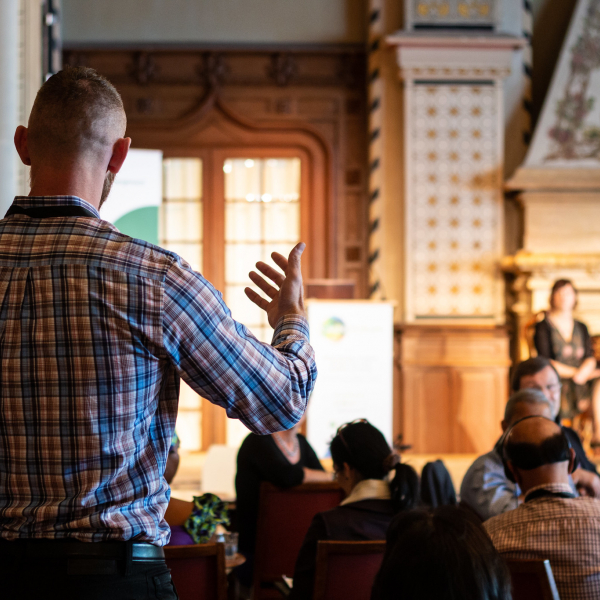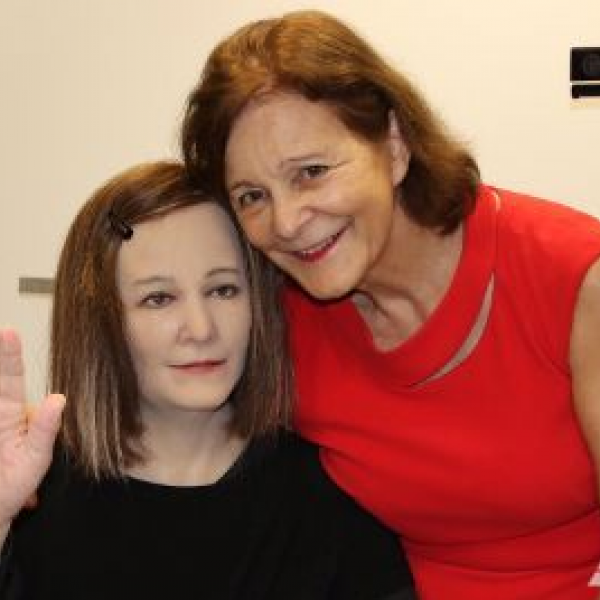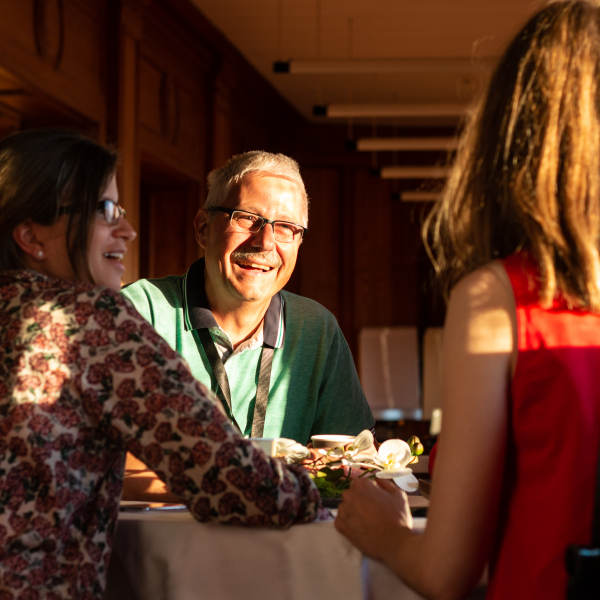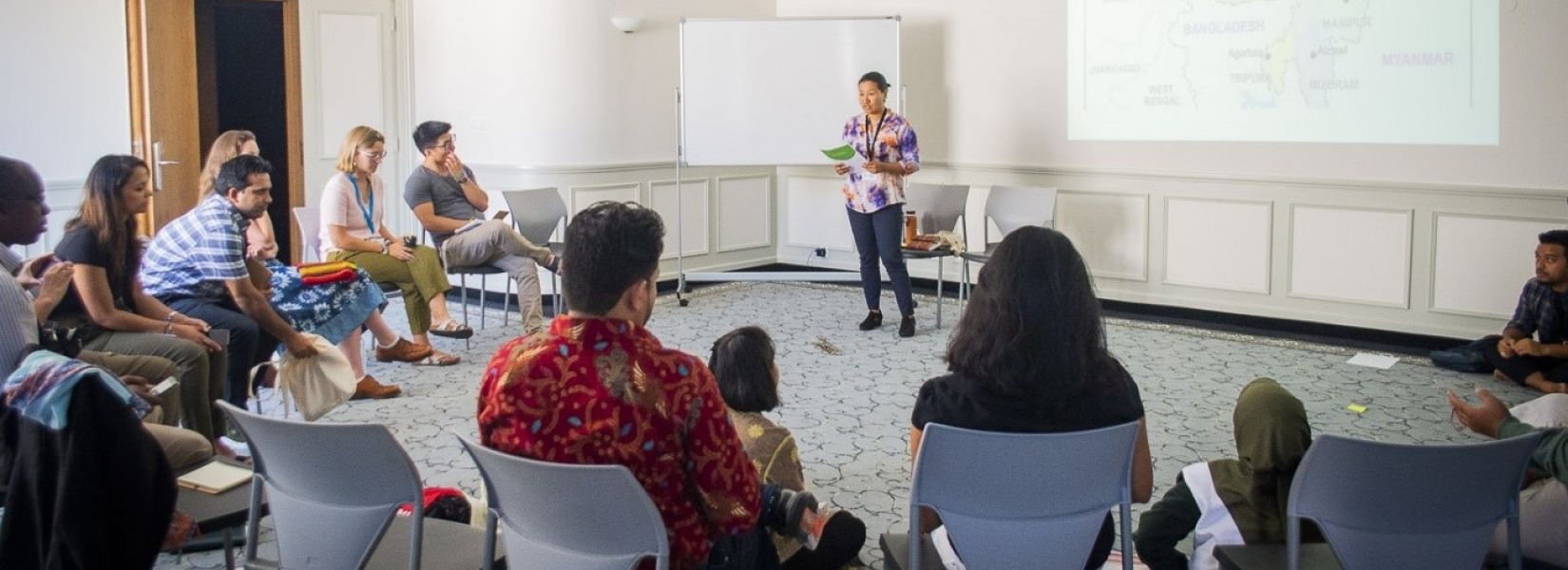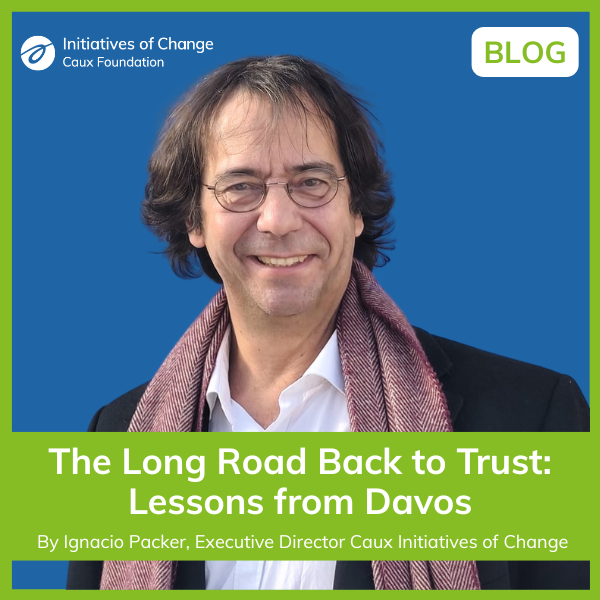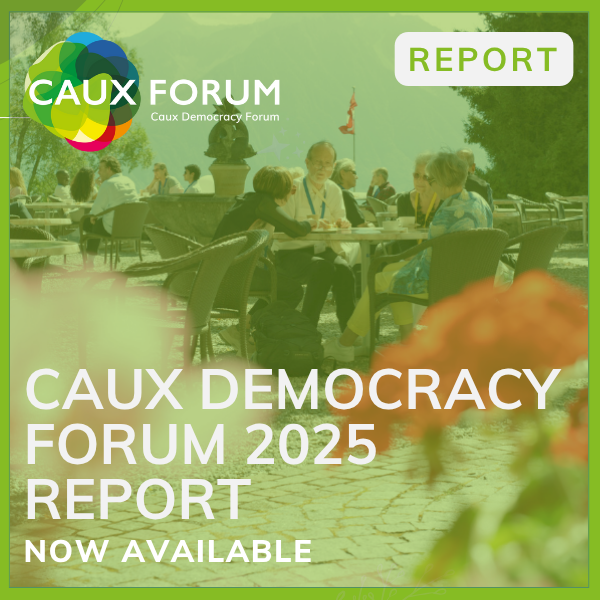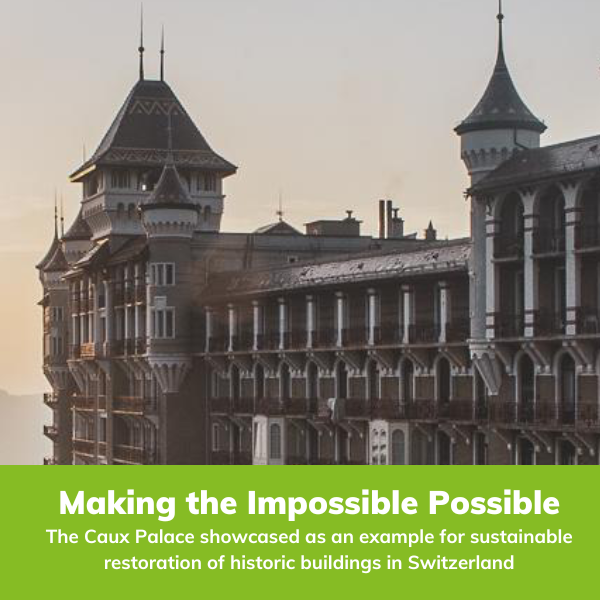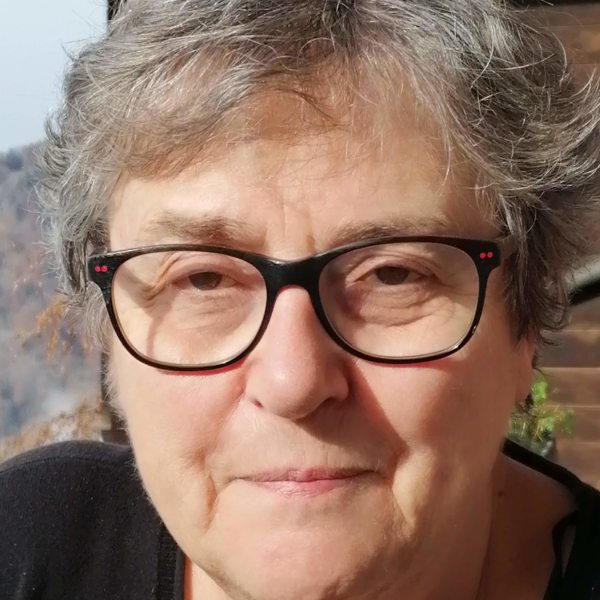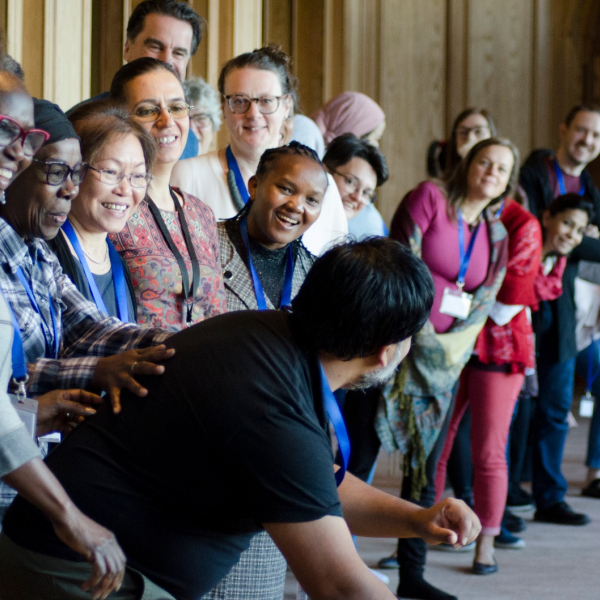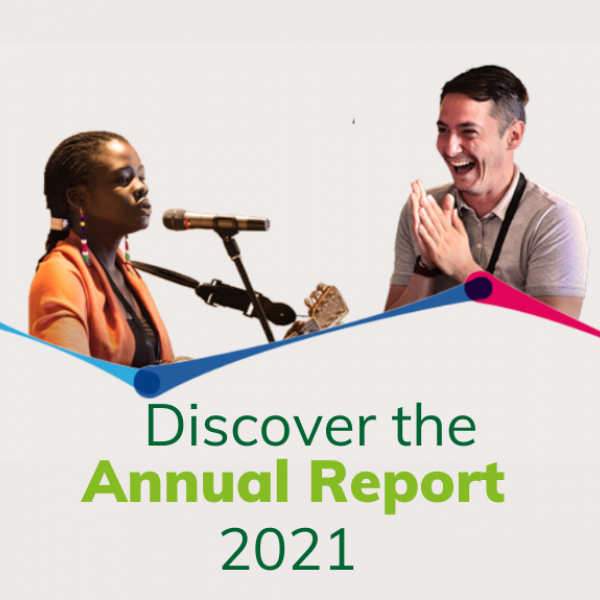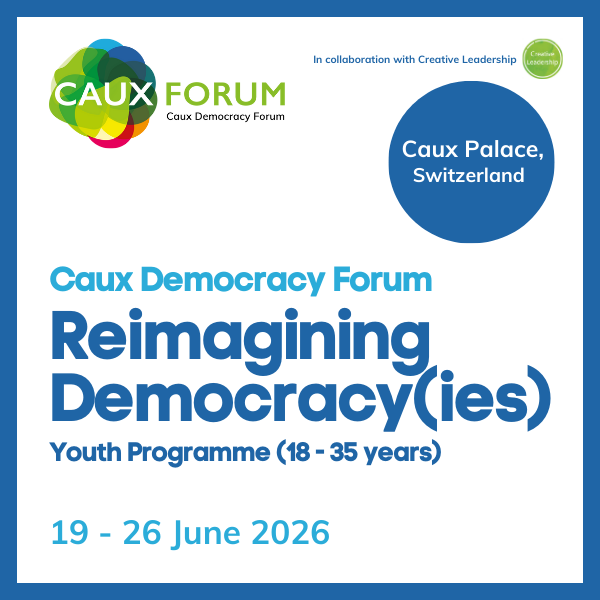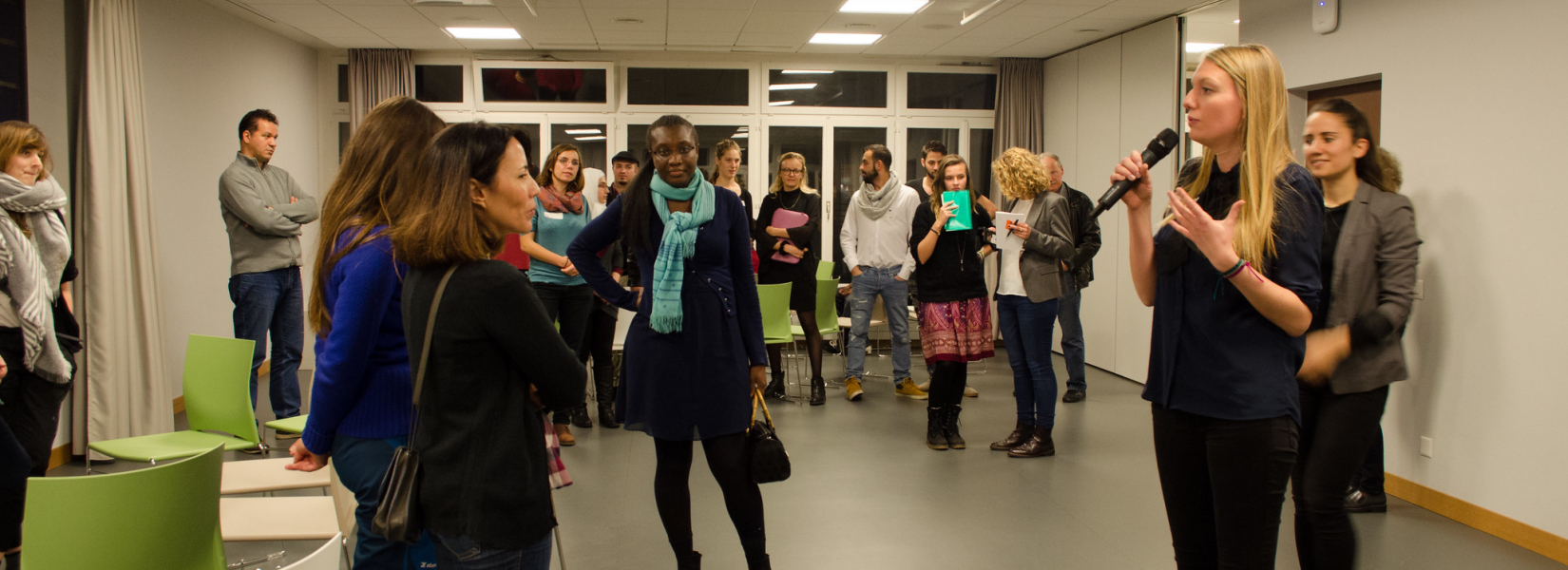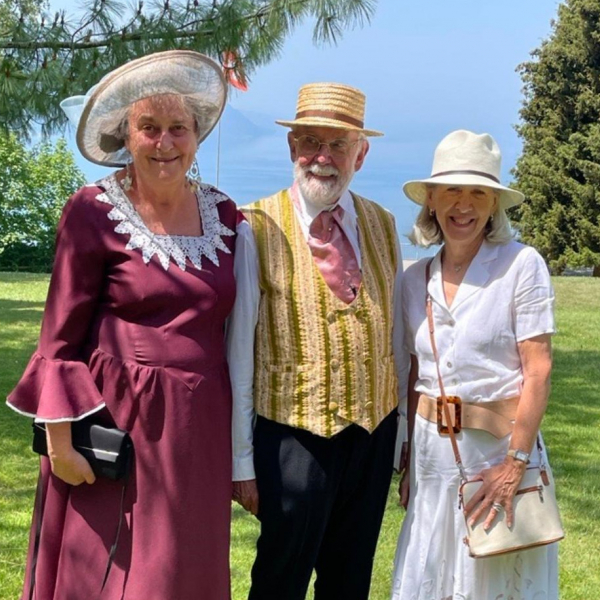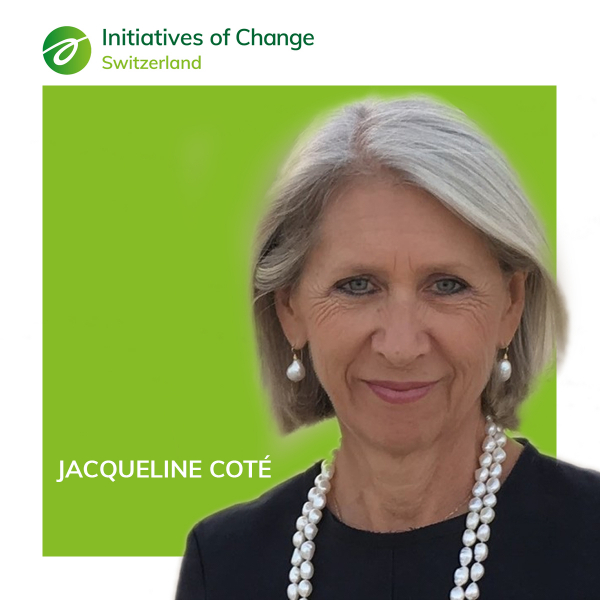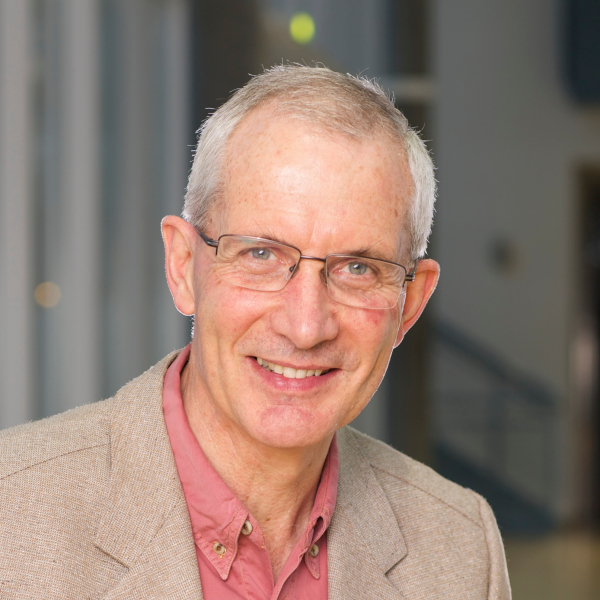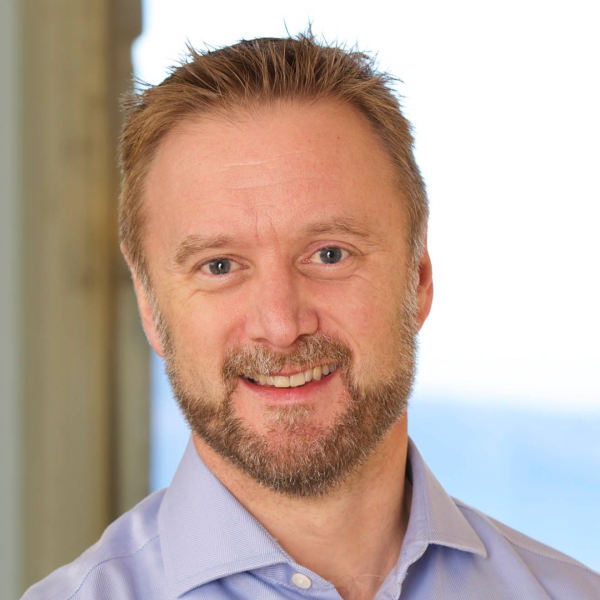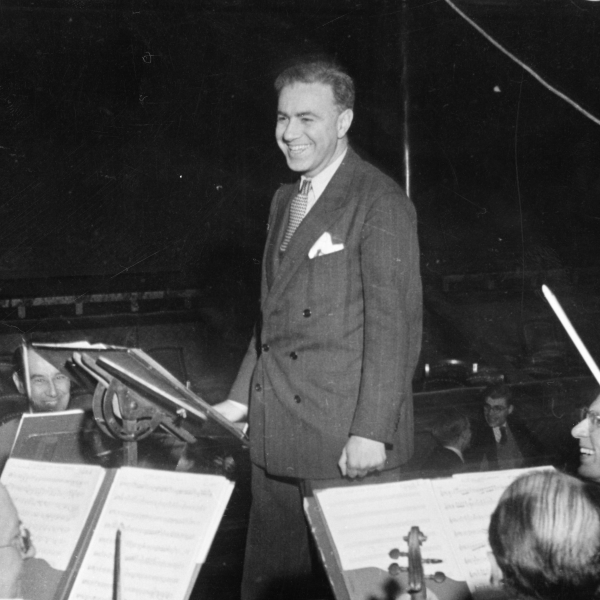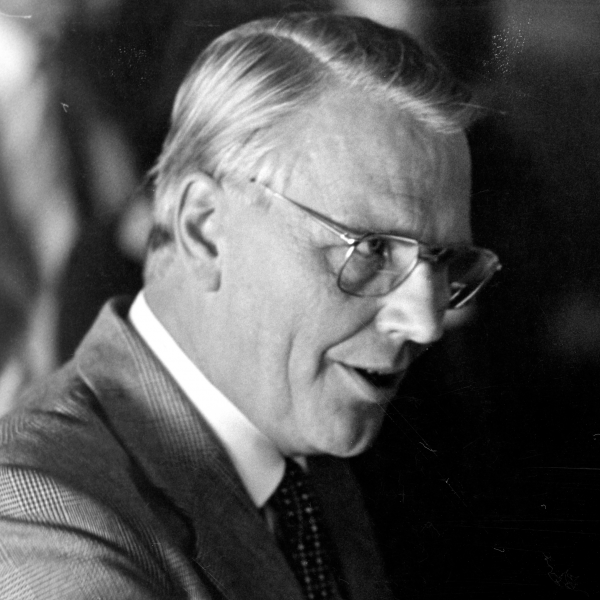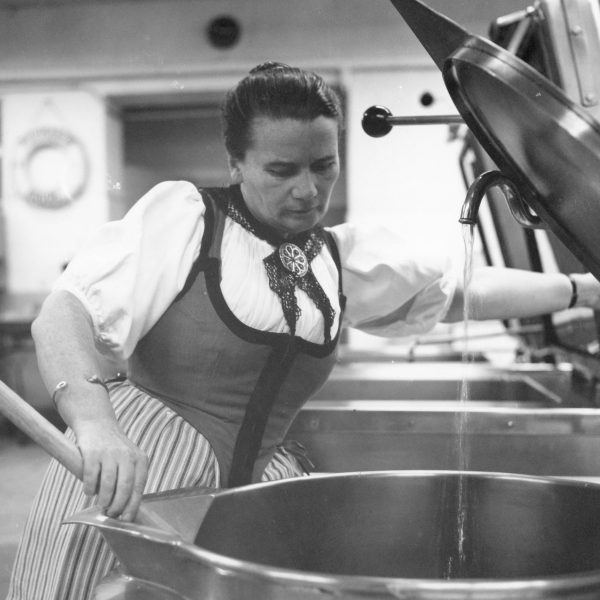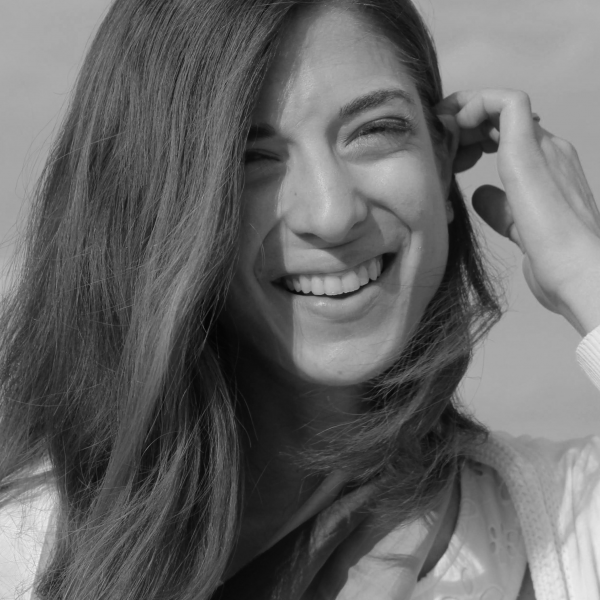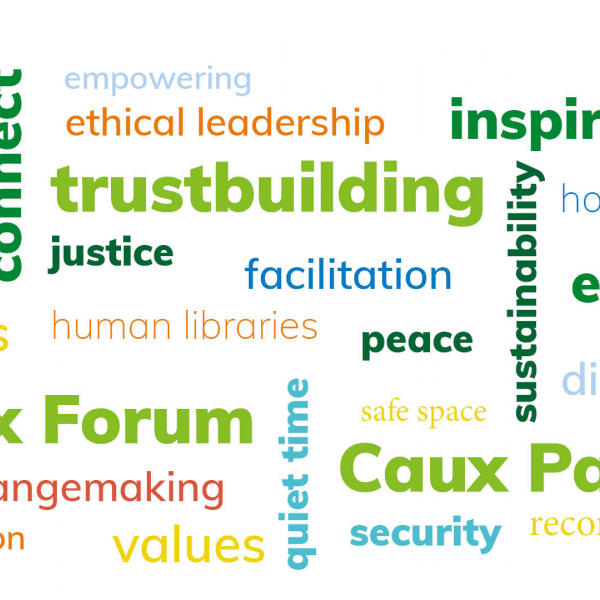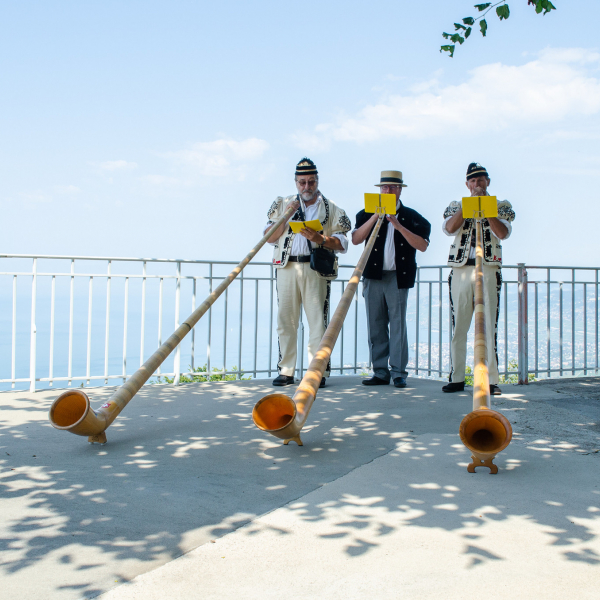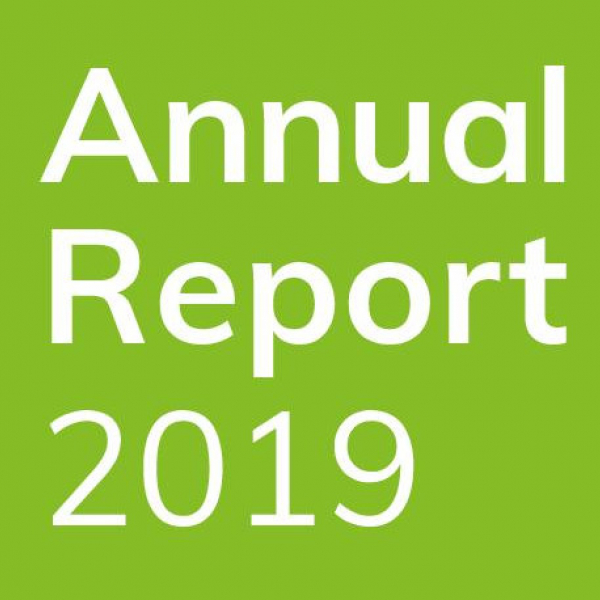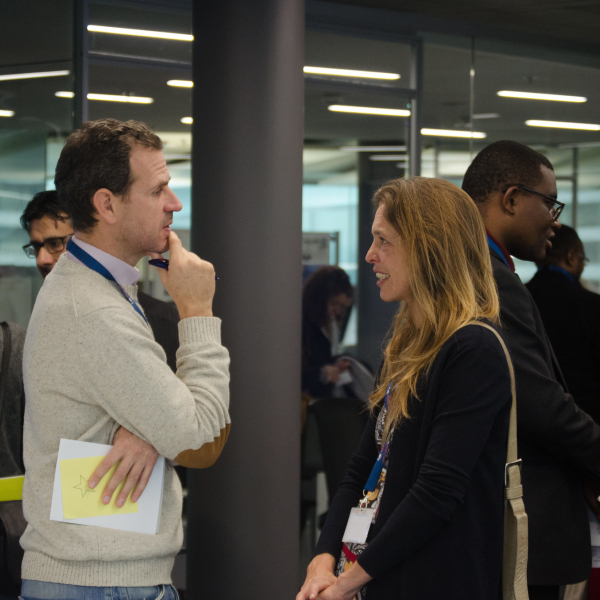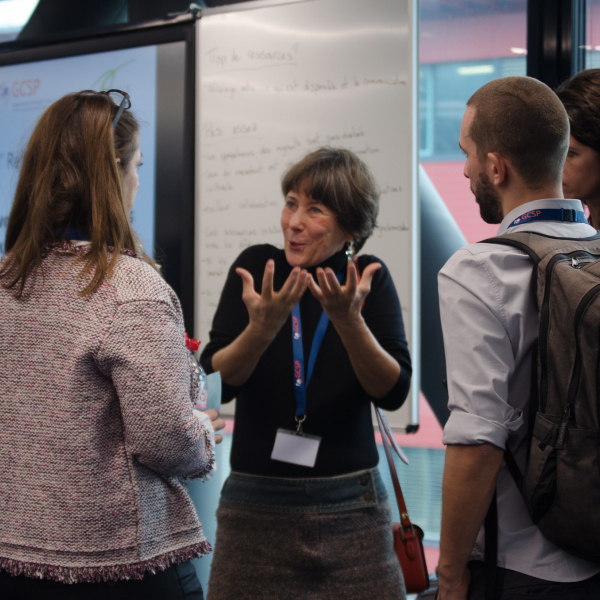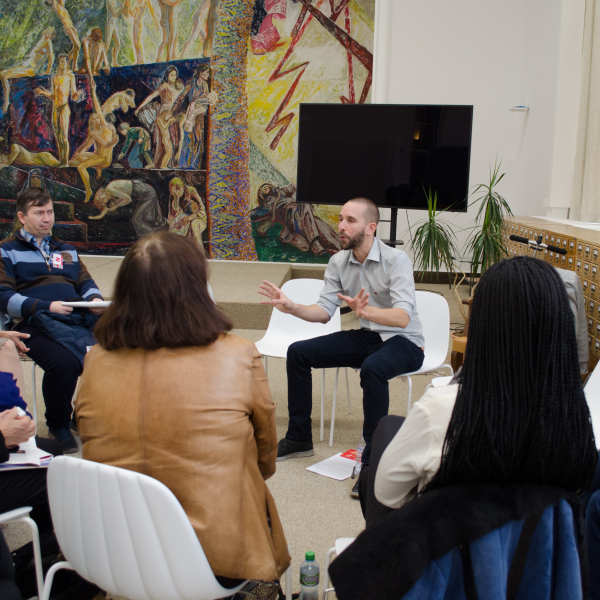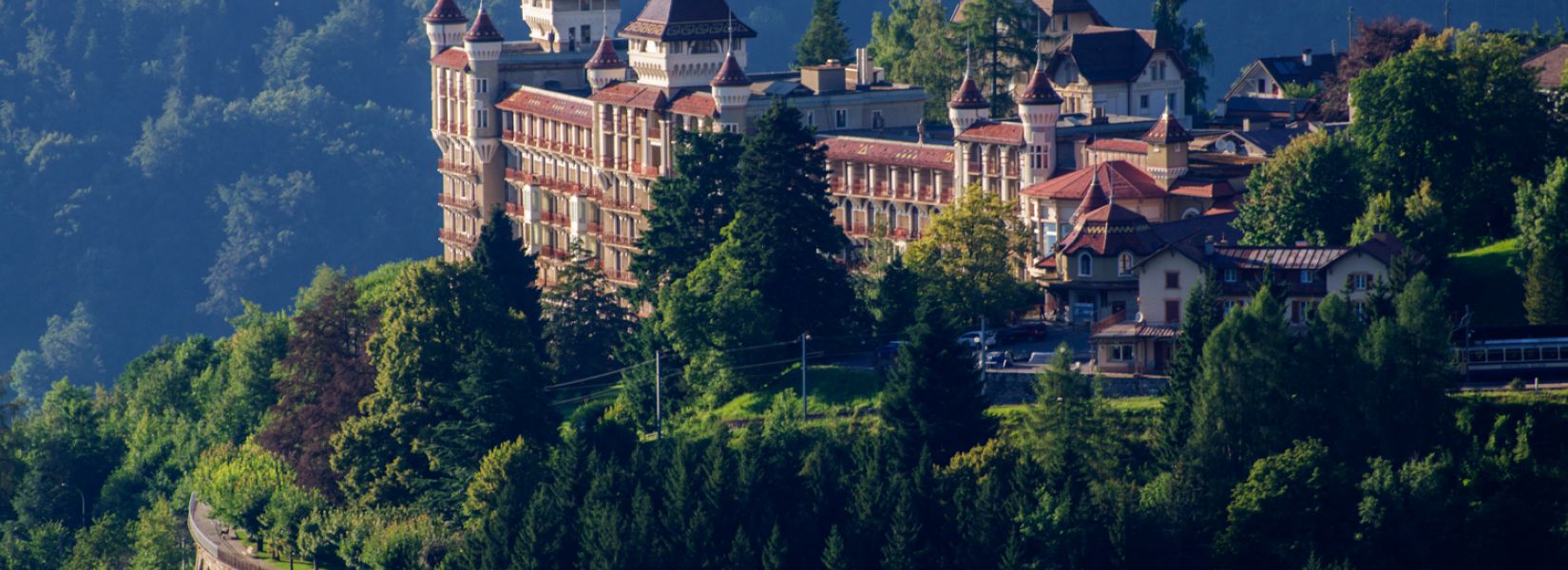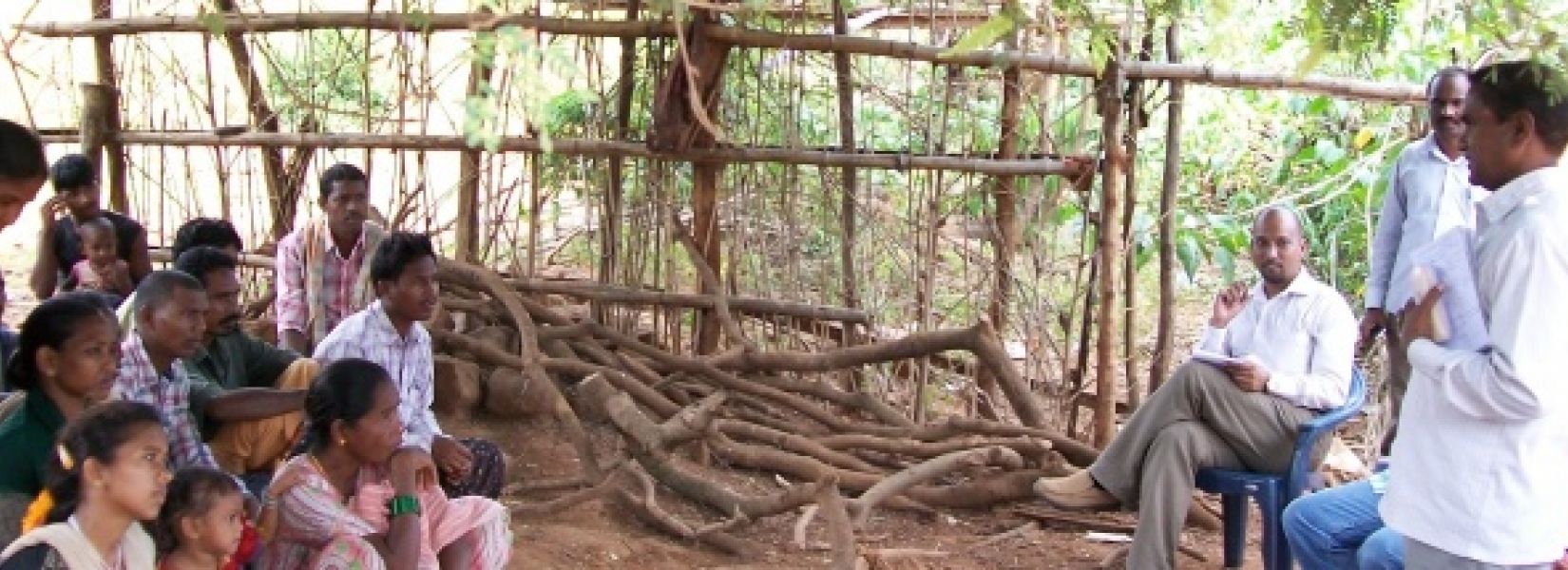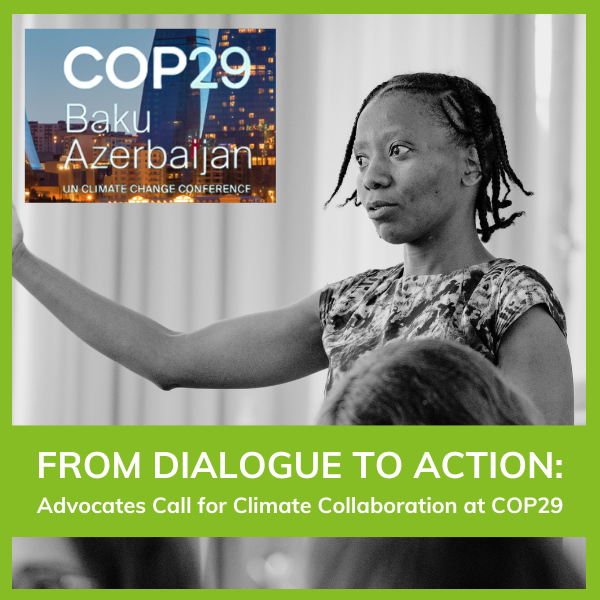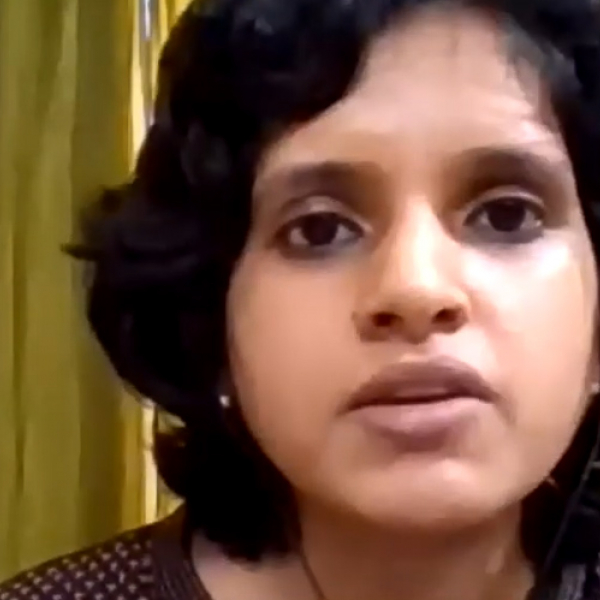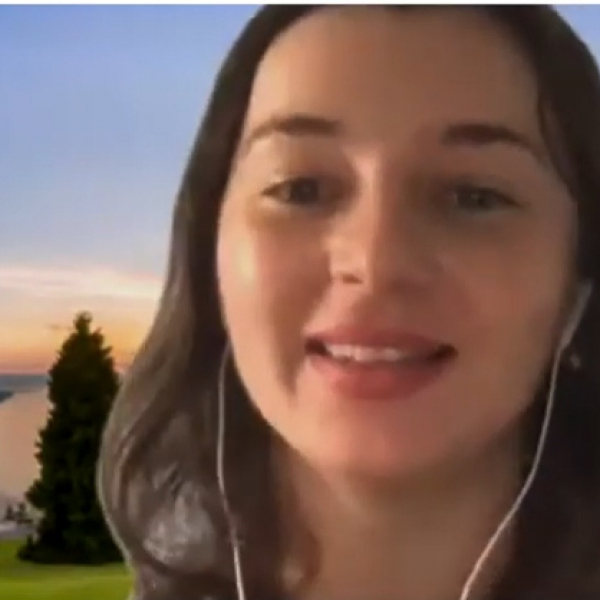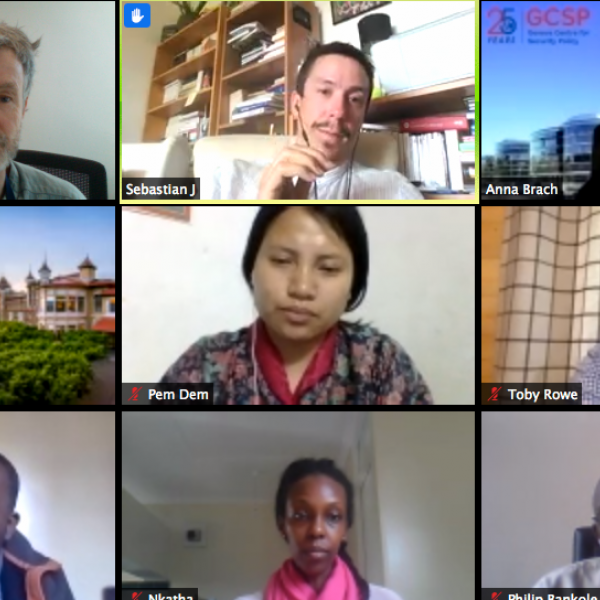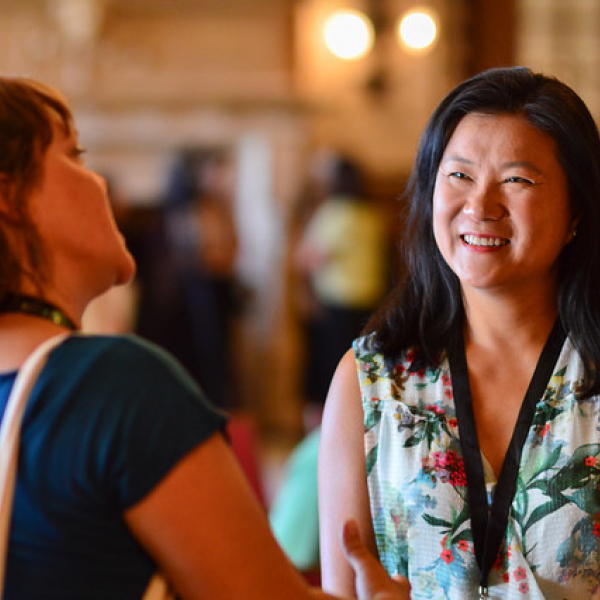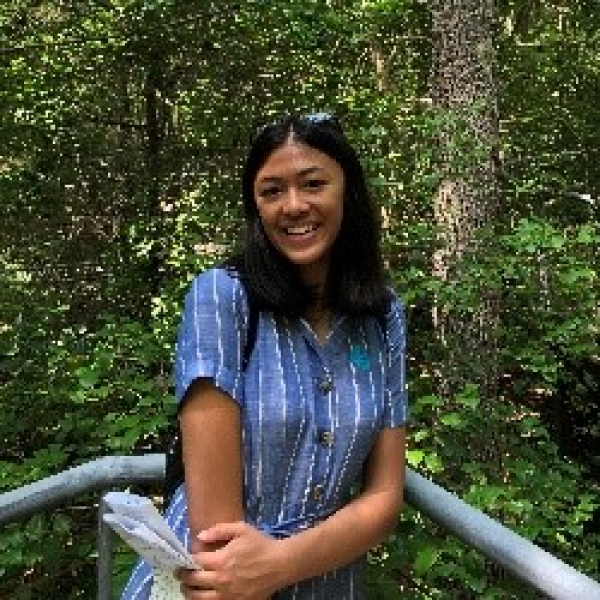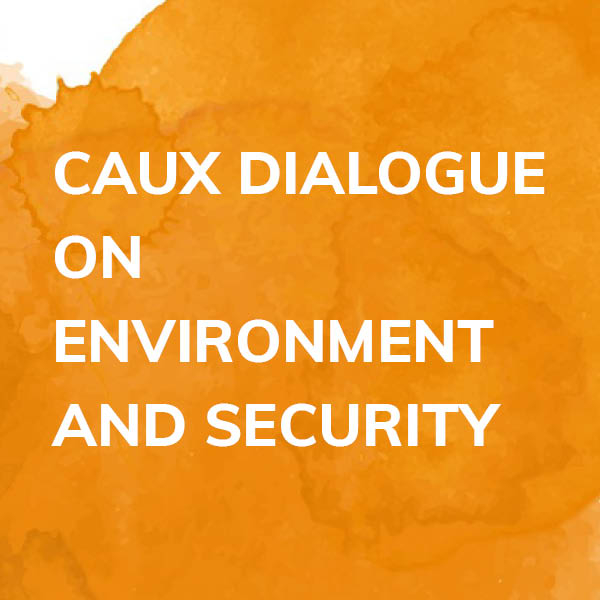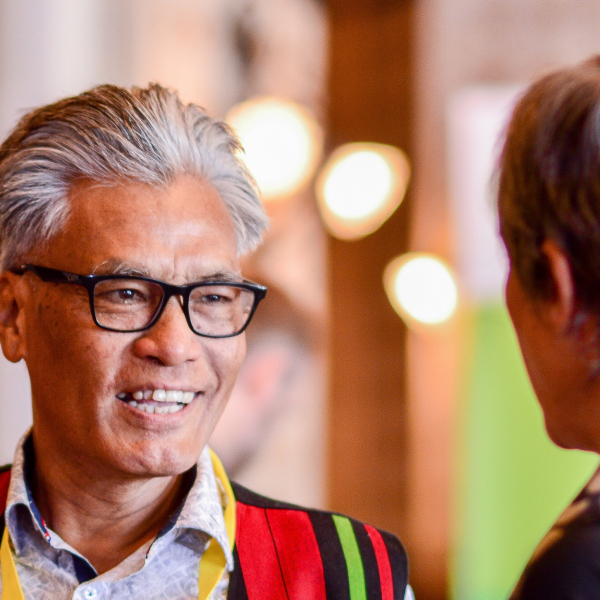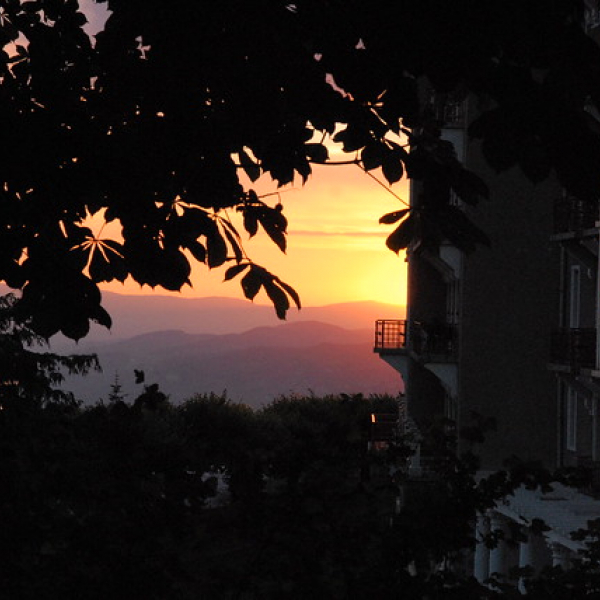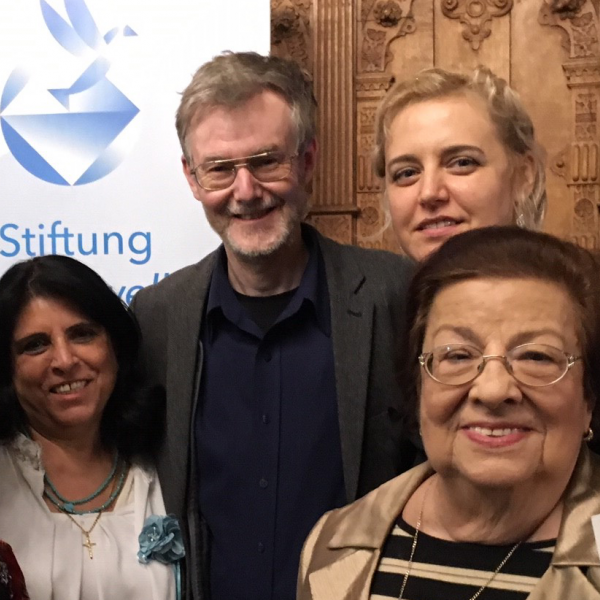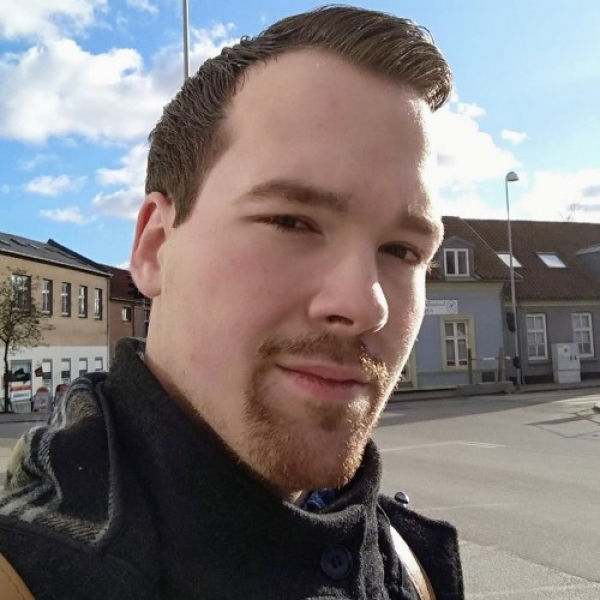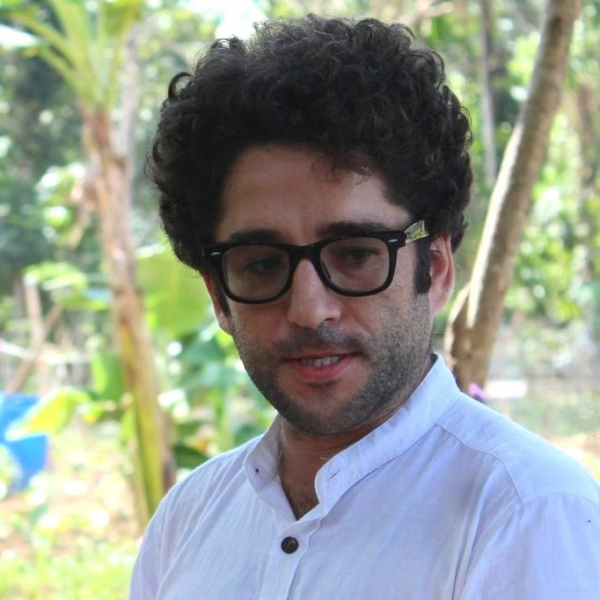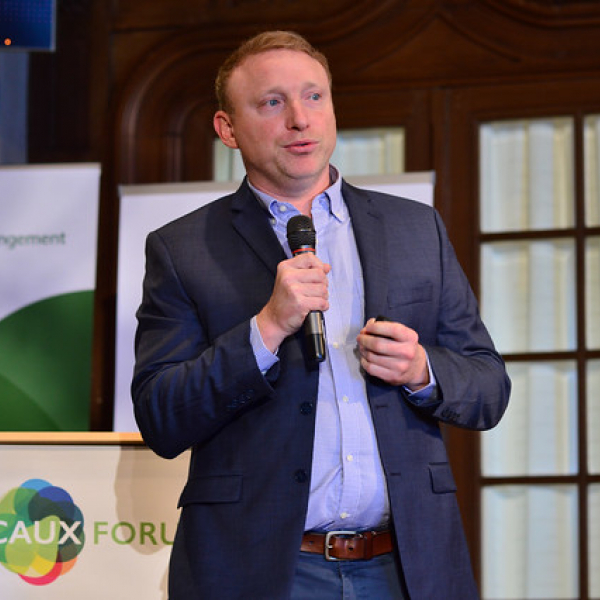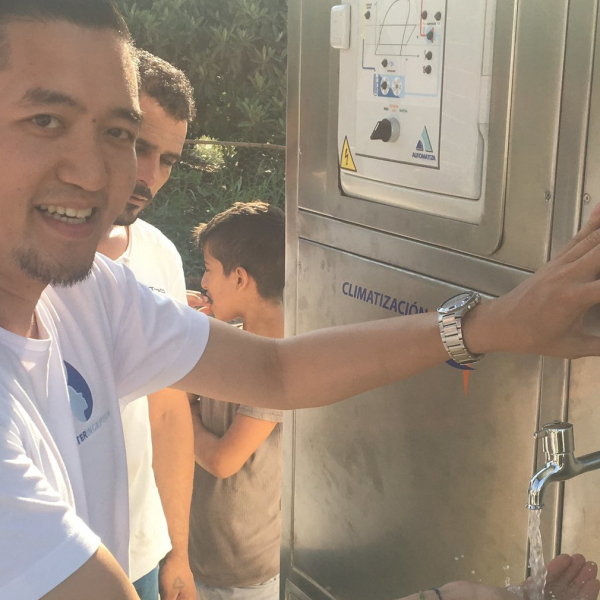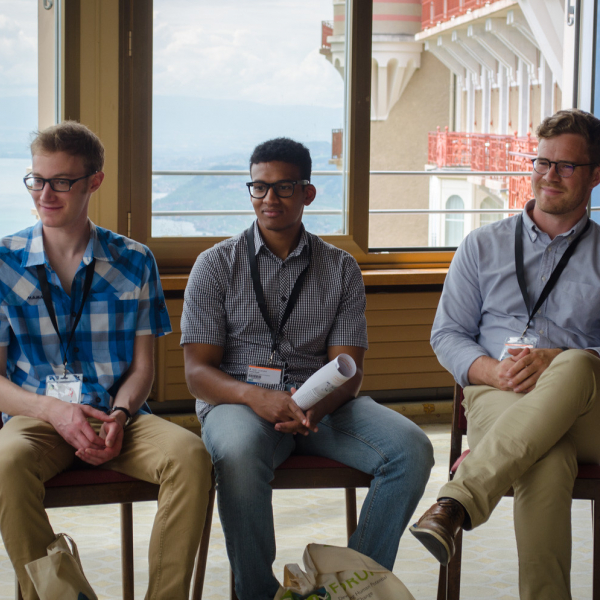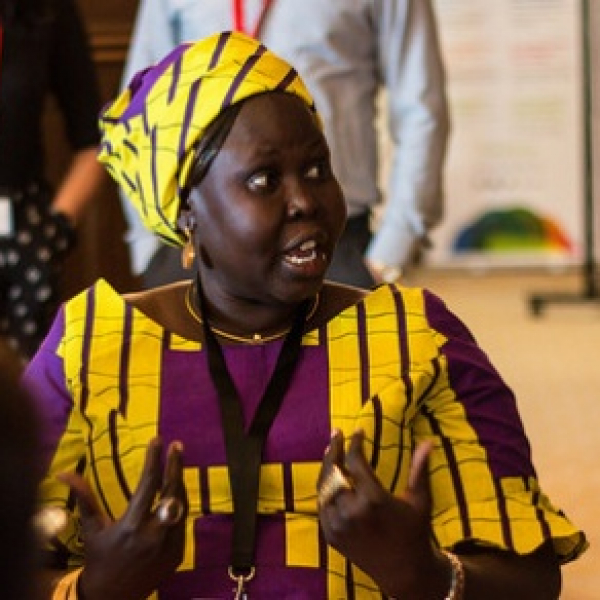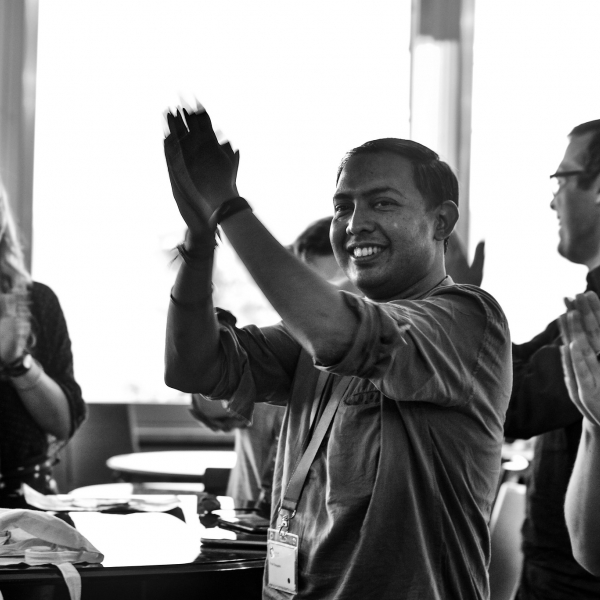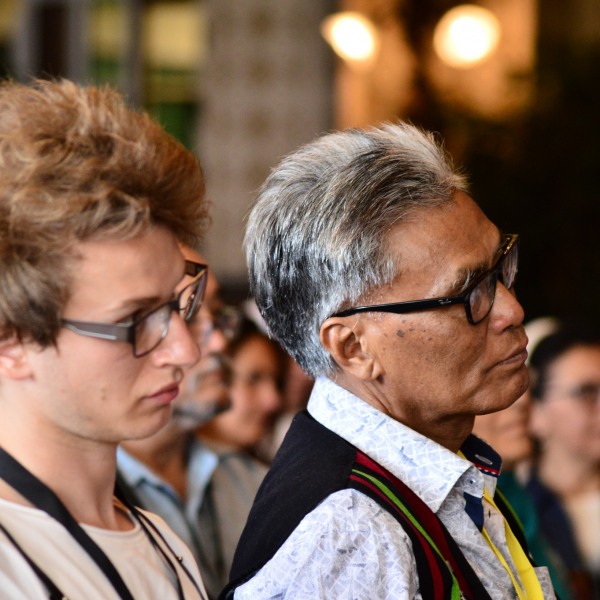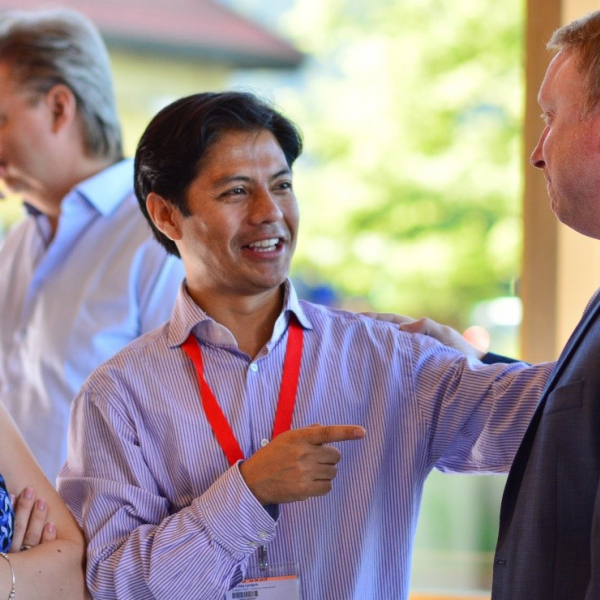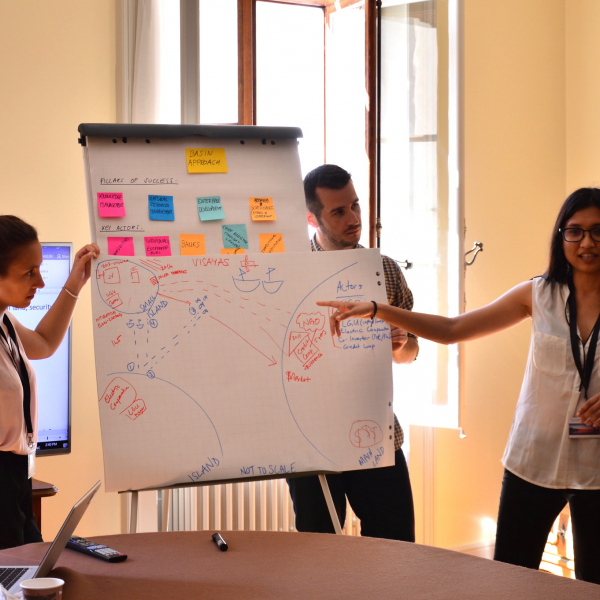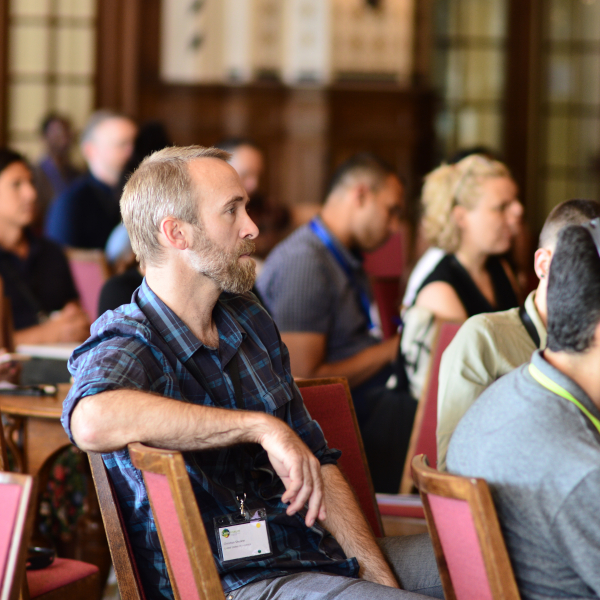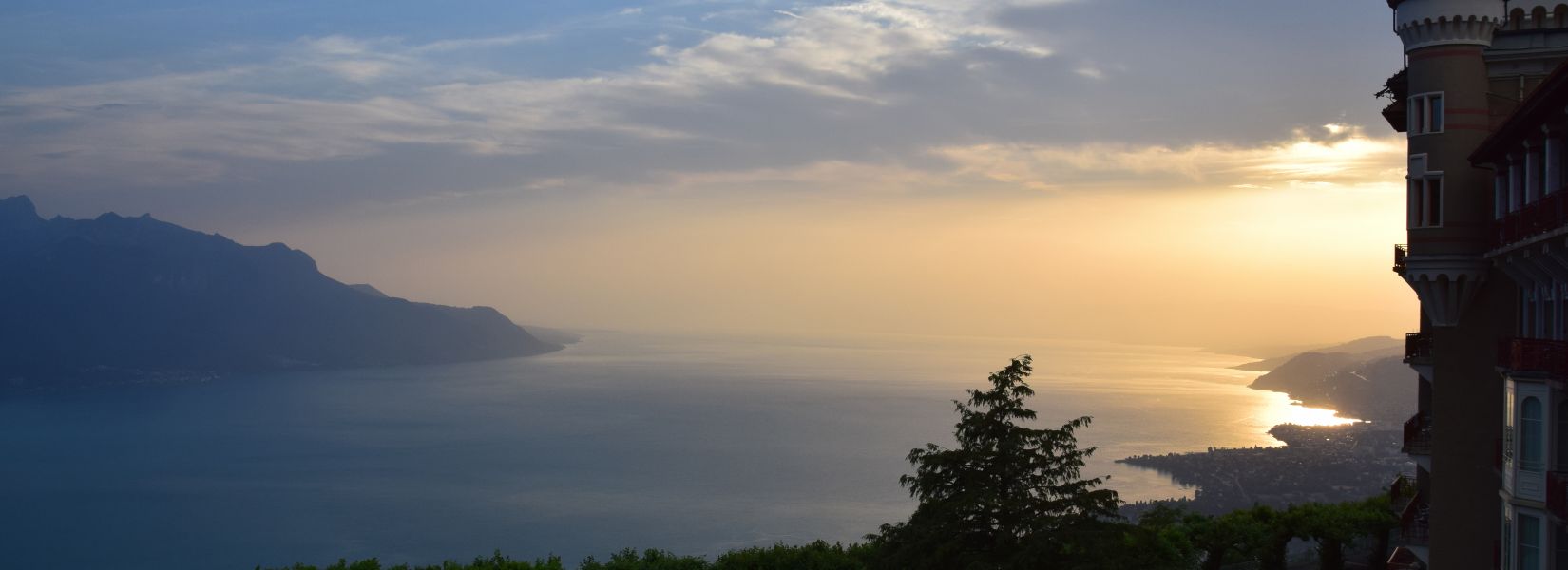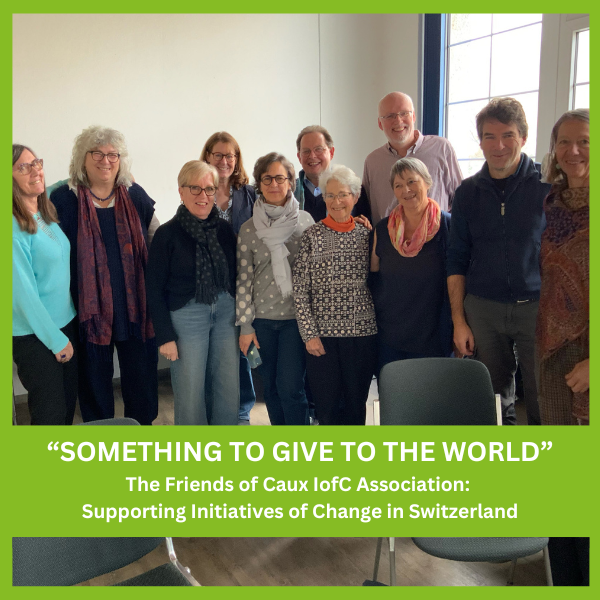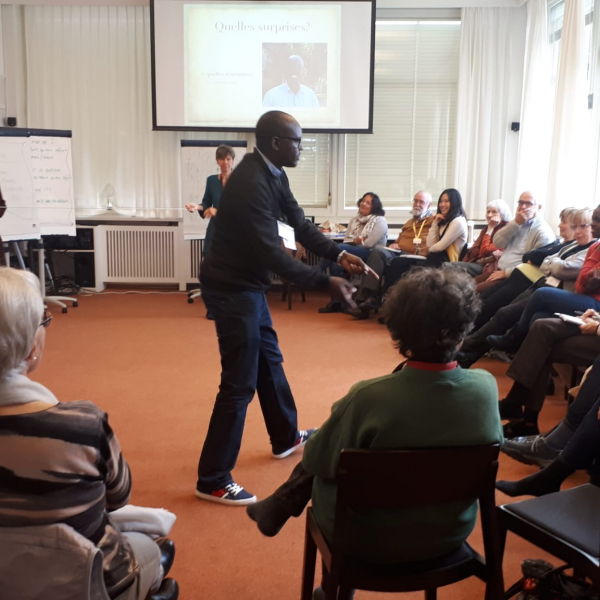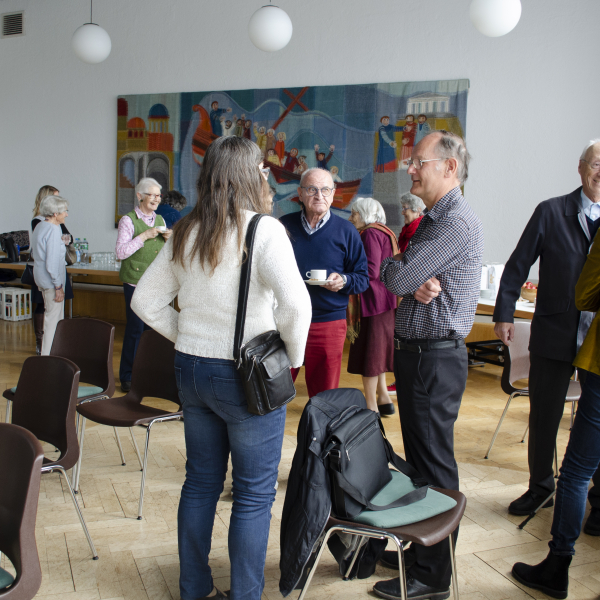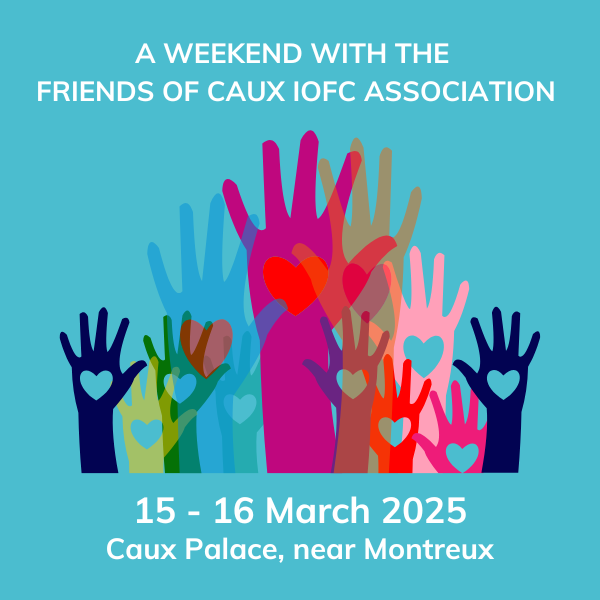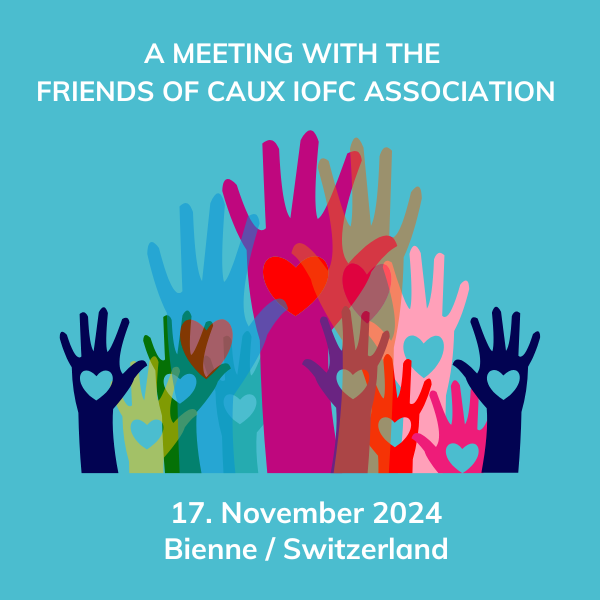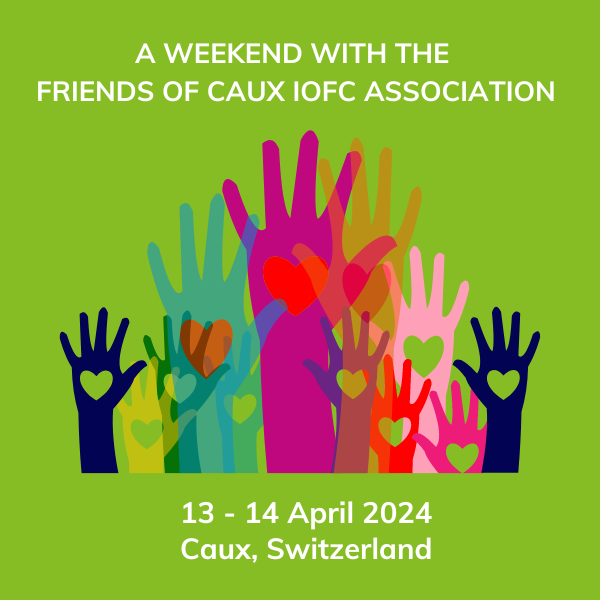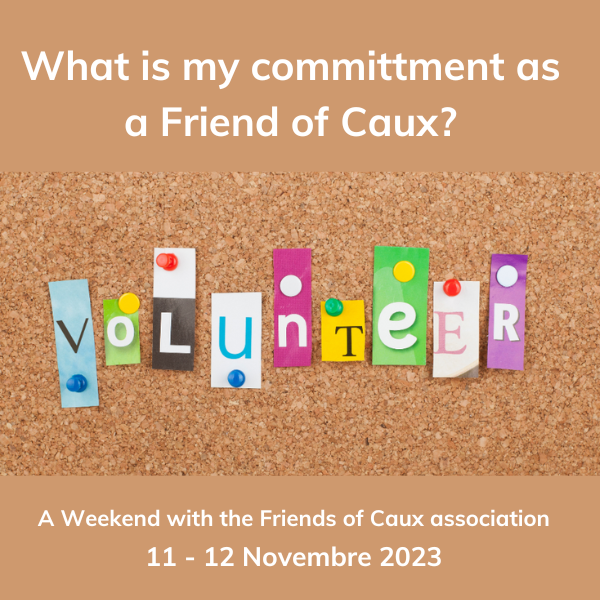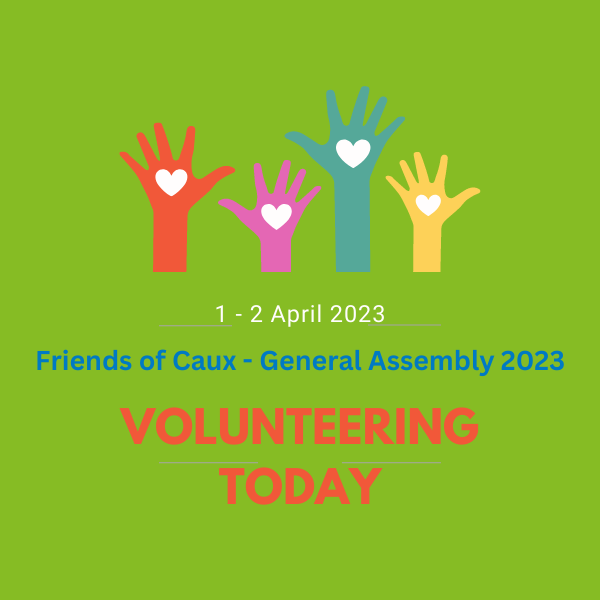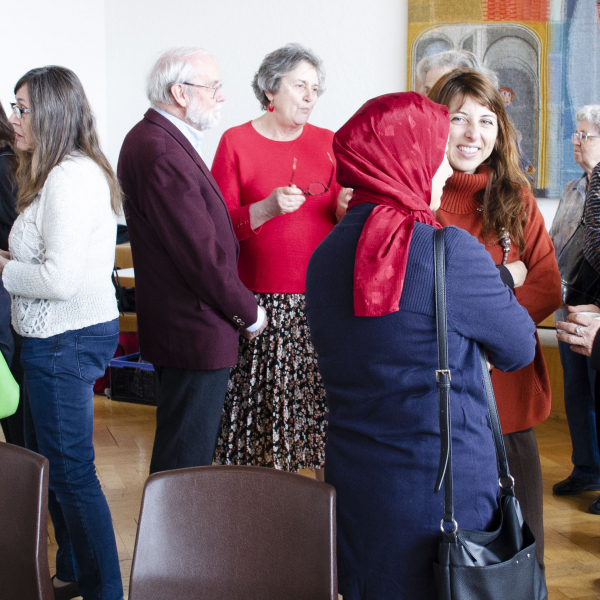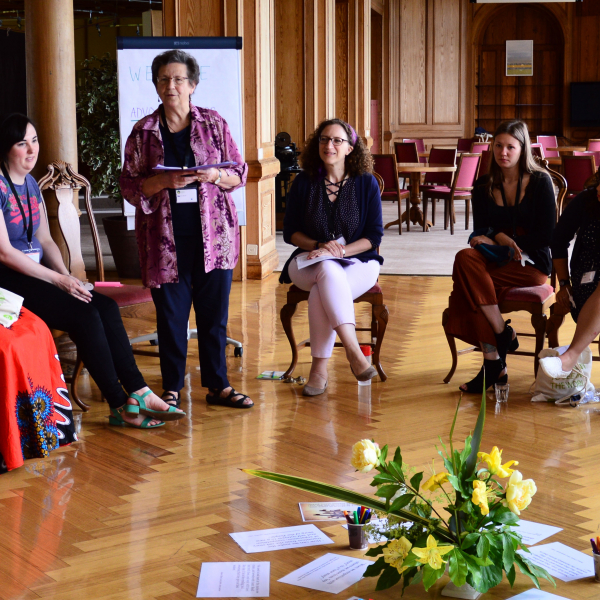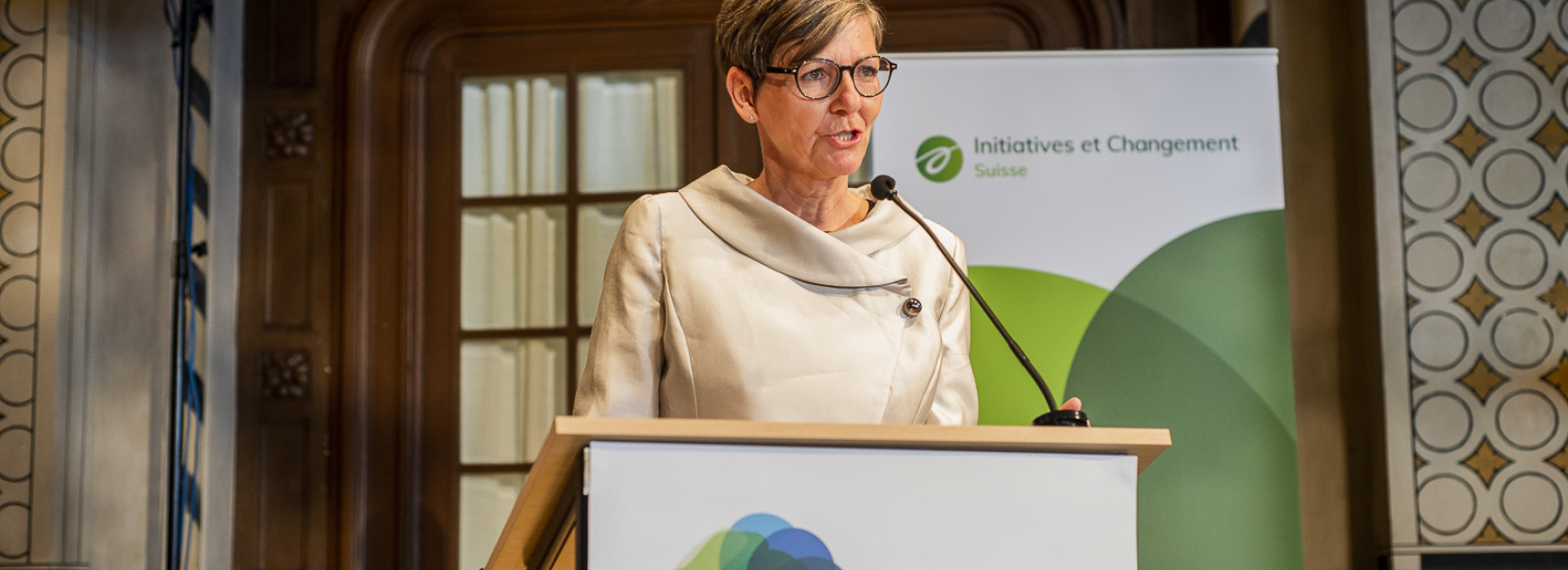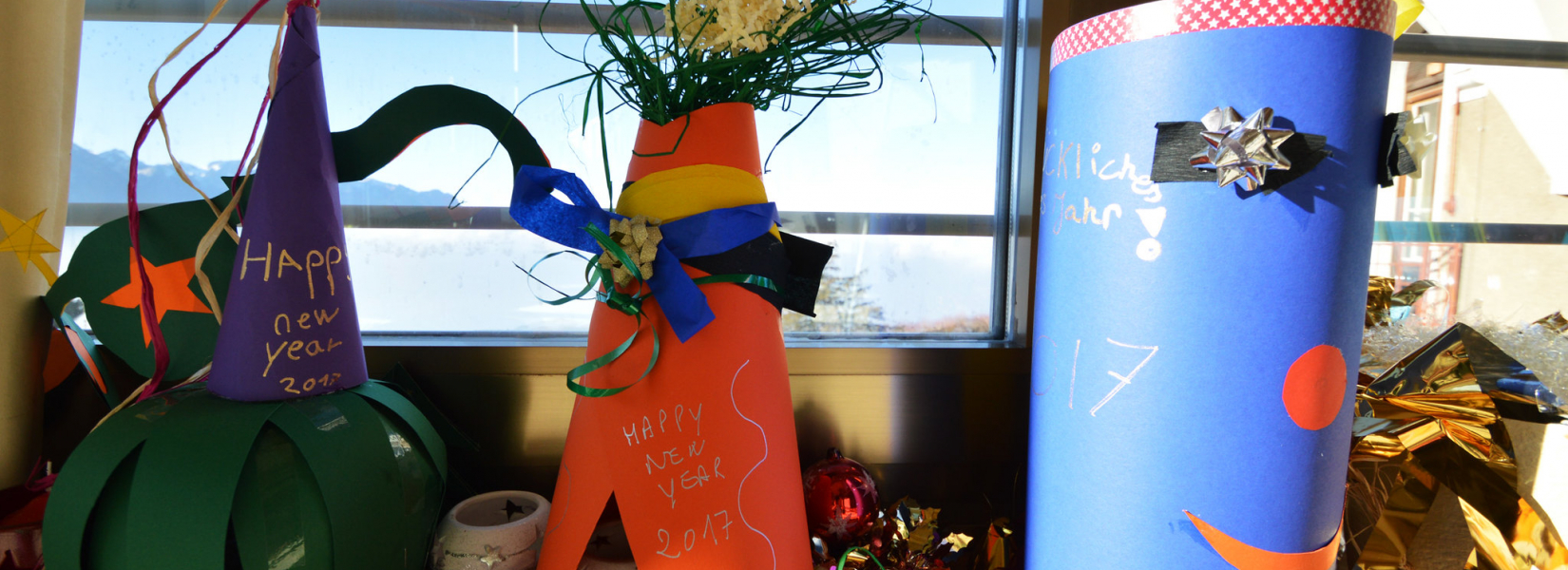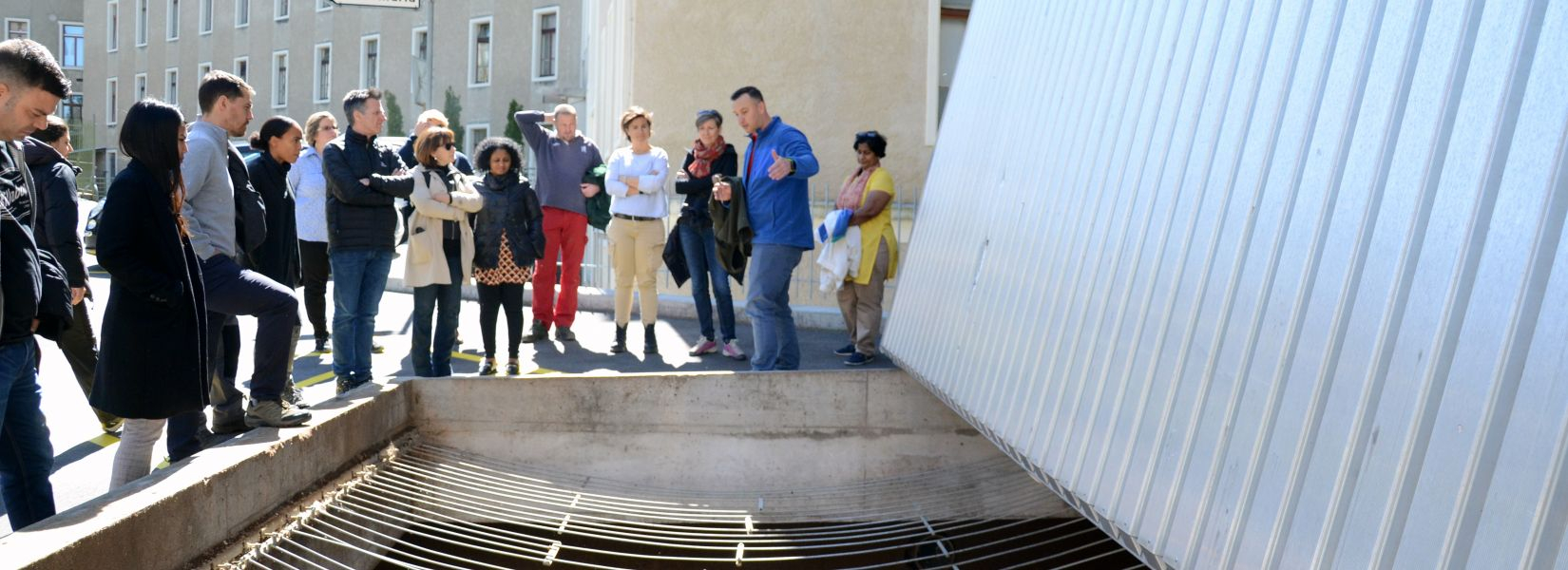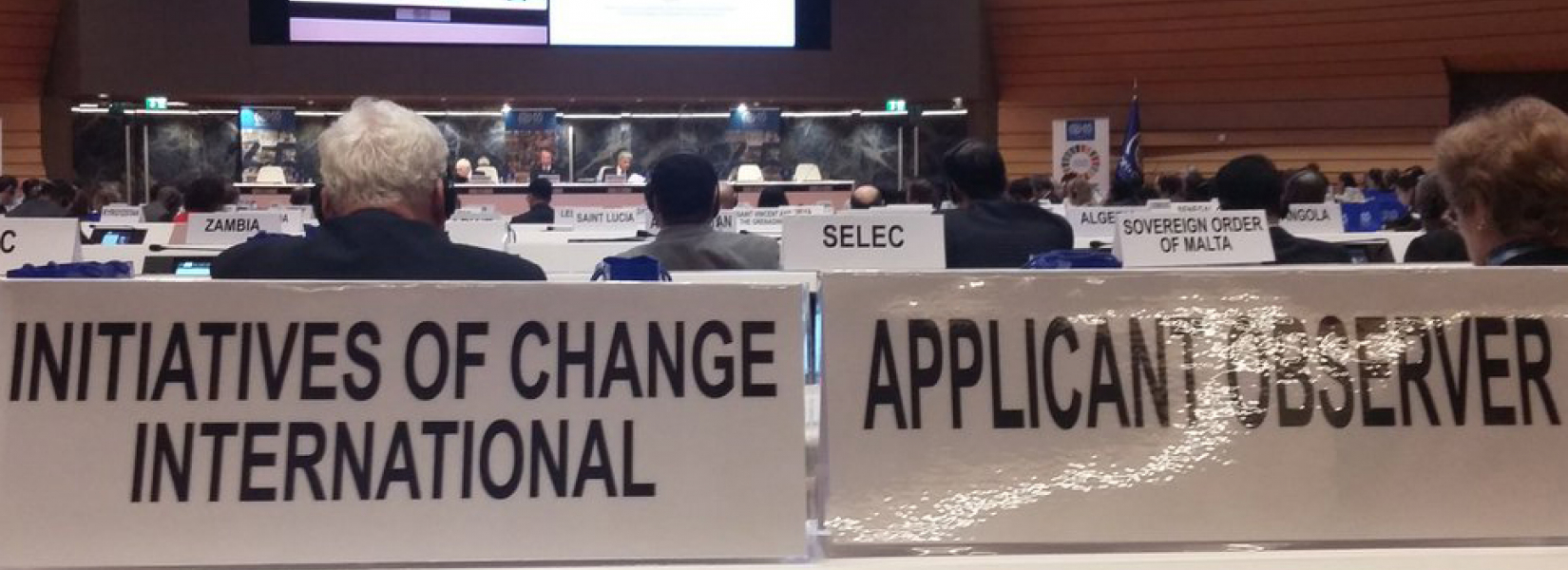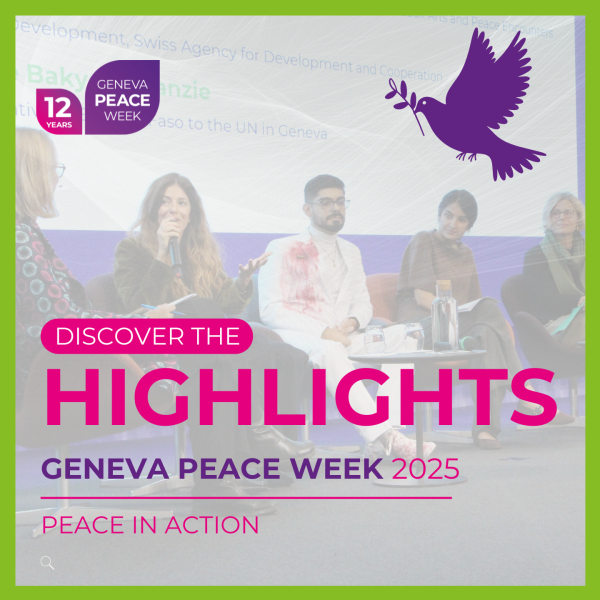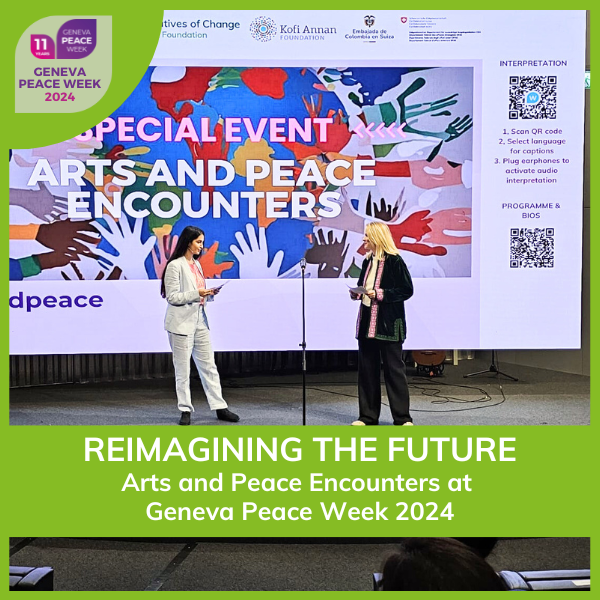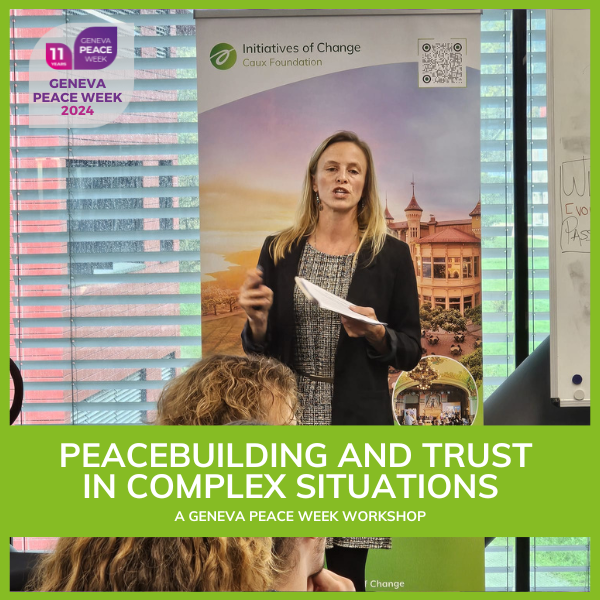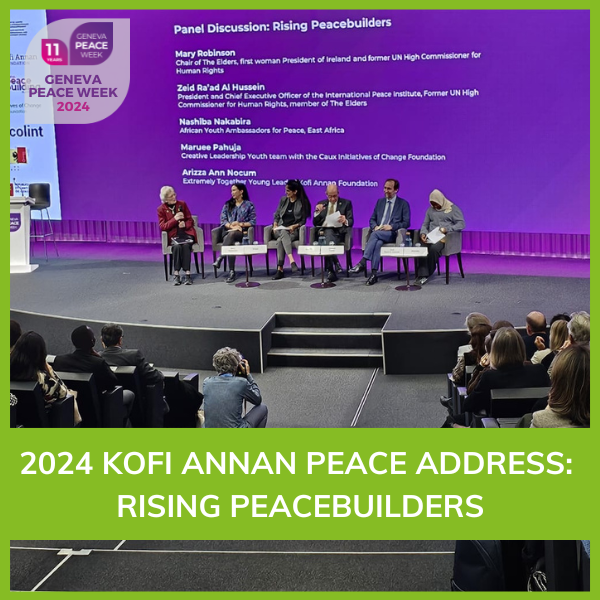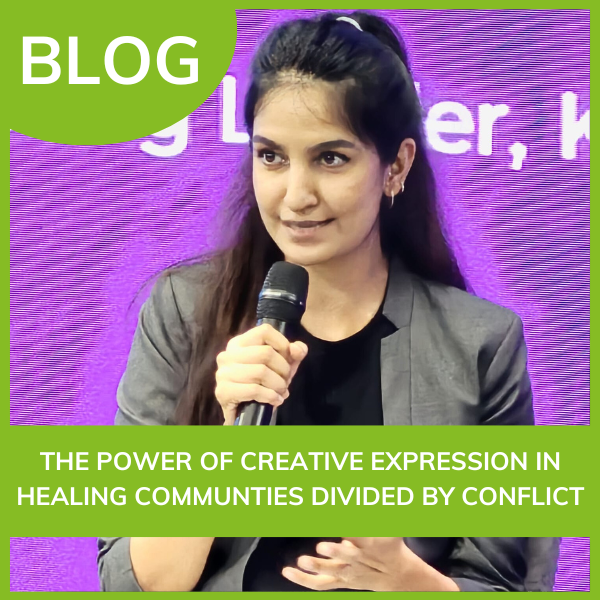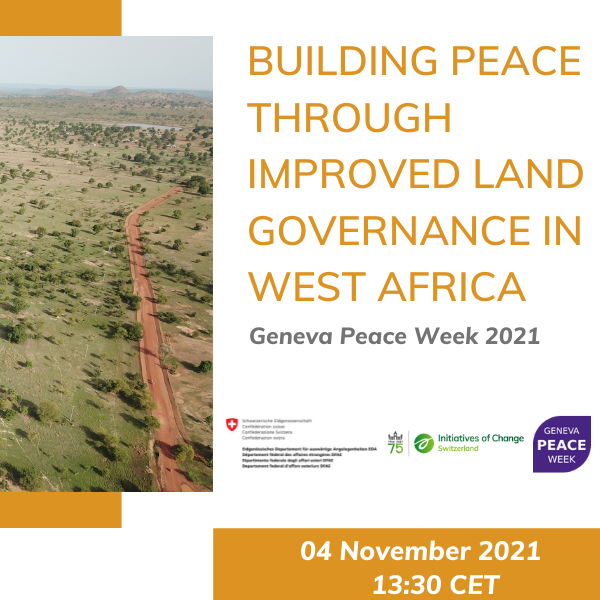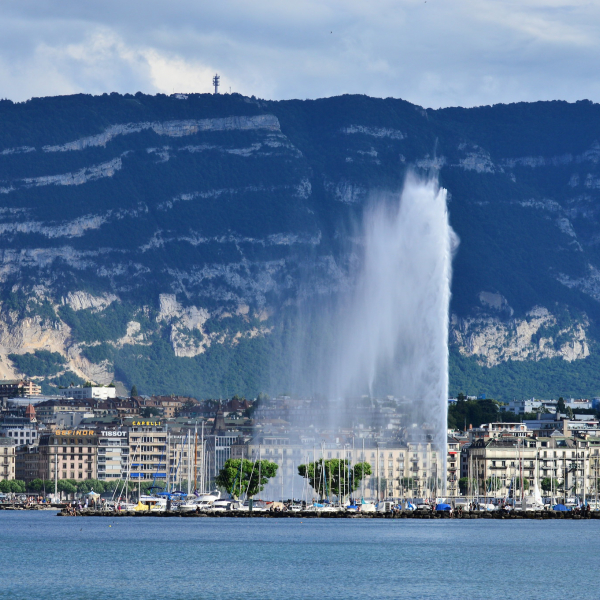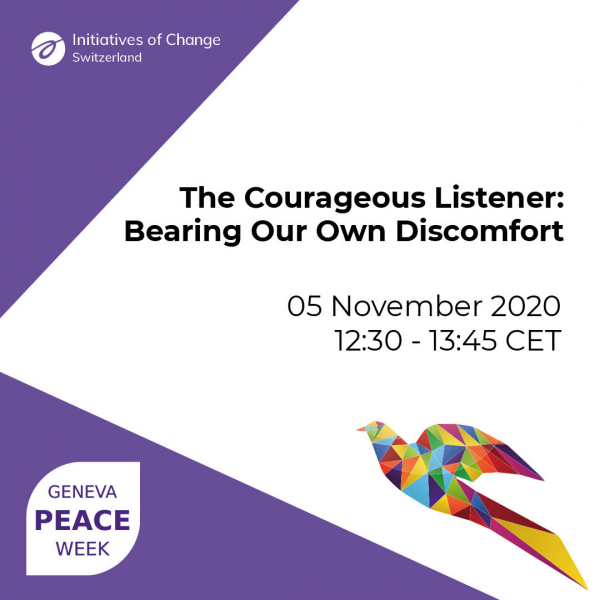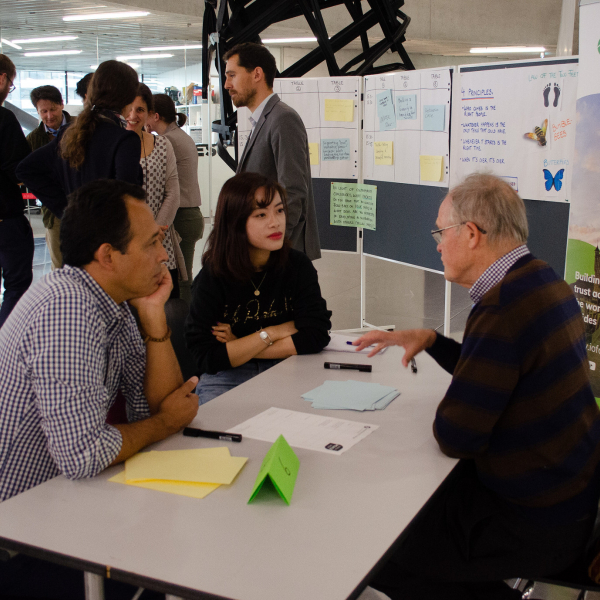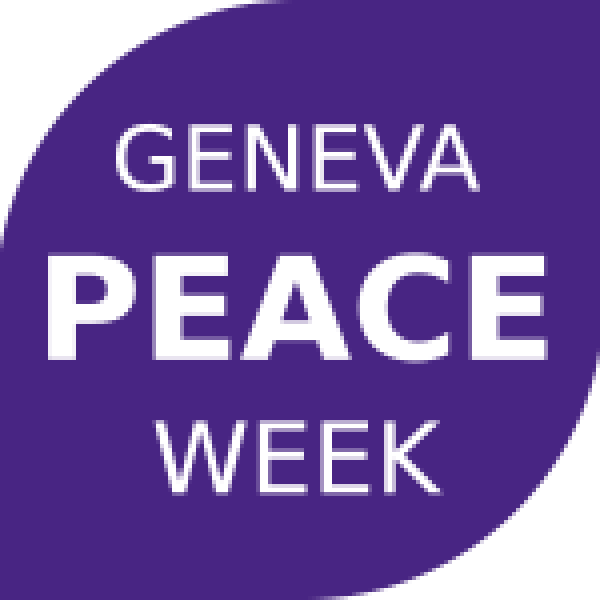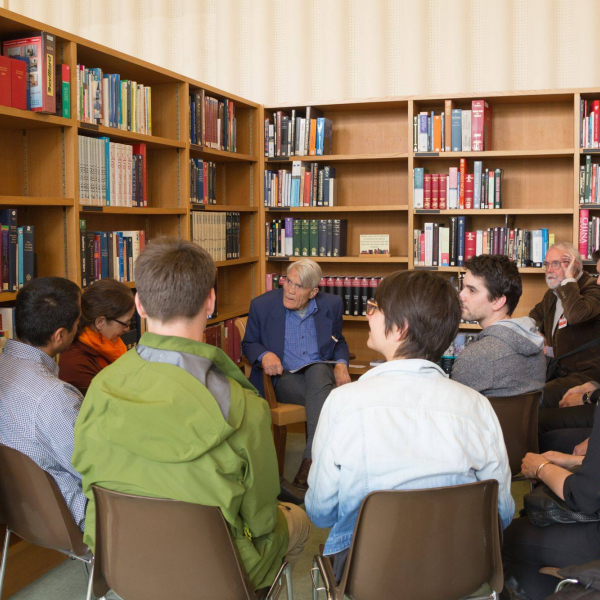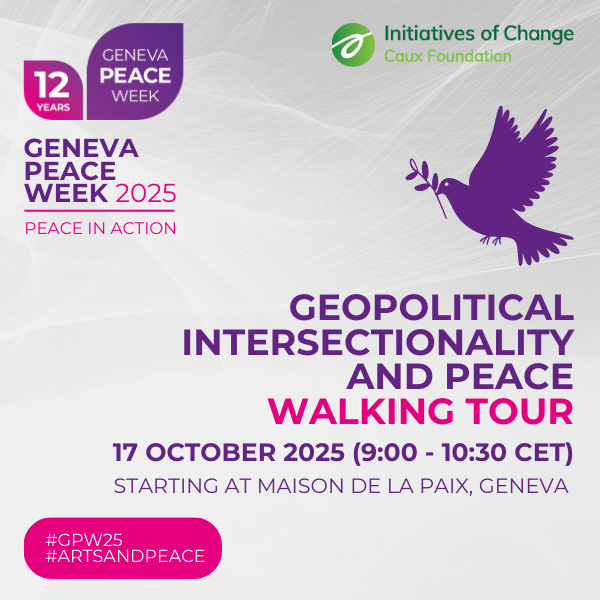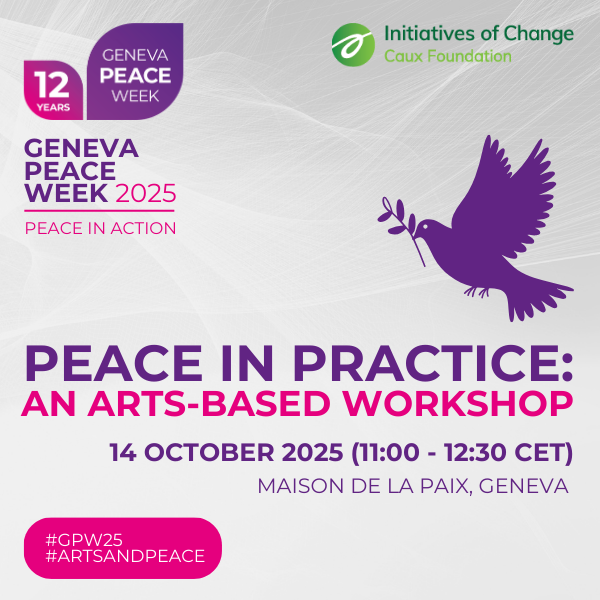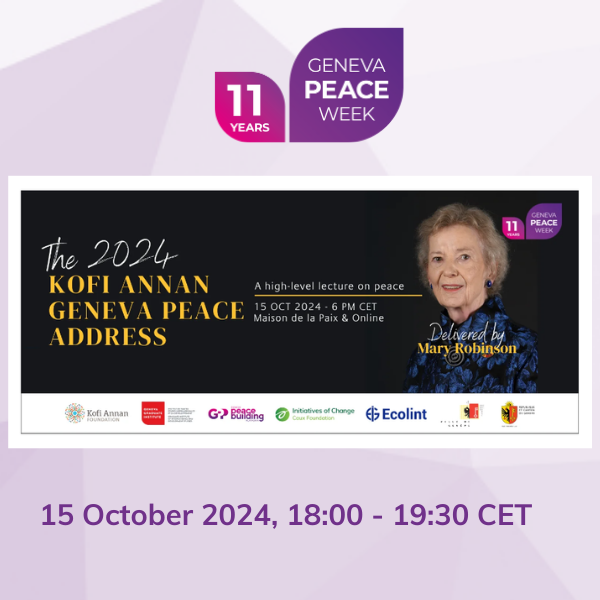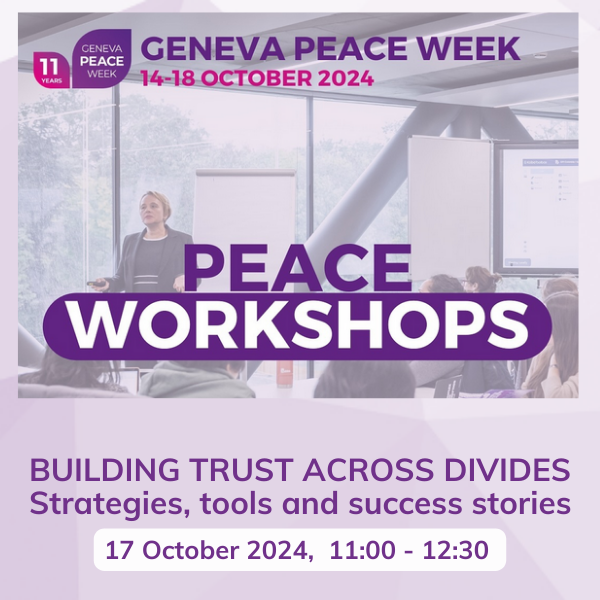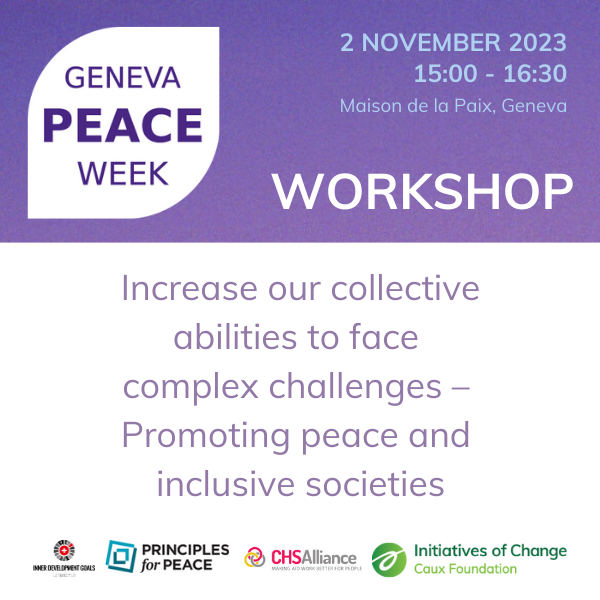Caux Forum 2017: Official Opening
30 June, 2017
11/07/2017‘We are the first generation who can decide to be the last one’
‘We are the first generation who can decide to be the last generation,’ Kate Gilmore, UN Deputy High Commissioner for Human Rights, told guests from all over the world at the Official Opening of the Caux Forum 2017 on 30 June. In spite of progress with the Sustainable Development Goals (SDGs), inequality had become ‘worse, deeper and broader’. She believed that the war on terror had prevented the world from dealing with the human rights issues, which were fundamental to a sustainable future.
‘It is not sustainable that the few should have privilege and the many have despair,’ Gilmore continued. She called on humanity to ‘live generously, in empathy and connectively’ in order to bring peace and reduce inequalities in an interdependent world.
The Official Opening of the Caux Forum 2017 set the tone for the events of the summer, by exploring the links between inequalities and extremism. The event was introduced by the Mayor of Montreux, Laurent Wehrli, and Antoine Jaulmes, President of the CAUX-IofC Foundation. Then participants heard from two speakers, a refugee and a survivor of a terrorist attack, who had firsthand experiences of extremism in a storytelling session moderated by Barbara Hintermann, Secretary General of CAUX-IofC.

‘I didn’t have a destination.’
When Hasan Hawar started university in Damascus, Syria, he never imagined that war would lead him to leave his studies, home and family to seek refuge in Turkey. He found himself on his own in a country where he didn’t speak the language, had no income and had ‘lost trust in everybody’, and decided to move on. ‘I didn’t have a destination,’ he said. ‘I just wanted a safe place, a place to start living again’ After a difficult journey, Hawar was granted asylum in Switzerland where he was able to finish his studies. Now, he said, his dream was to be reunited with his family, still in Syria, whom he hasn’t seen for five years.

‘We are all the result of the stories we believe to be true about ourselves’
Bjørn Ihler described his experiences on the Norwegian island of Utøya in 2011, when a far right extremist killed 69 young Labour Party members taking part in a summer camp to ‘make Norway a better community’. When Anders Breivik pointed his gun at him, Ihler did not think he would live beyond the age of 20. Surviving the attack led him to question what made someone who had a similar biography to him commit such a violent act. Unlike Ihler, who grew up believing in coexisting in diversity peacefully, Breivik isolated himself from the communities surrounding him and believed that they were a threat to his identity. ‘We are all the result of the stories we believe to be true about ourselves,’ Ihler explained. ‘Extremism is not linked to any particular religion and ideology and we often forget that extremes grow out of every community’. Now part of the Kofi Annan Foundation’s Extremely Together initiative, Ihler aims to bring people from different communities together and to spread the word that ‘my identity is not a threat to your identity’. He noted that he and Hawar were united by their ‘strong power to live on and to fight for the world to be better’.
Are inequalities fueling extremisms?
The stories of Hawar and Ihler were followed by a panel discussion on the links between inequality and extremism facilitated by Eric Marclay, Executive-in-Residence at the Geneva Centre for Security Policy (GCSP). In addition to Kate Gilmore, the panelists were Raphaël Nägeli from the Swiss Federal Department of Foreign Affairs and Ramiro Santa, Director of Integral Responsibility at OCENSA. Ms Gilmore pointed out that extremists feed off of despair and poverty, mobilizing the masses by emphasizing their helplessness in the face of the unbalanced distribution of opportunity and material privilege, and suggesting that someone else is to blame.
Nägeli reminded the audience that ‘inequality has always existed and we have to find a way to cope with it’. An inclusive peace process must reach out to everyone, including terrorists, he maintained. Respect for human rights should be at the basis of any peace agreement: there was significant evidence of violent extremisms in repressive societies where human rights are not respected. He took a pragmatic approach, acknowledging that states had national interests and that it was important to be honest and self-critical. From a governmental perspective, he believed that building bridges lay at the heart of the solution, but that these bridges – whether narrow or wide – needed to be controlled.
Ramiro Santa spoke from the point of view of the private sector. He maintained that the role of business in fighting against inequality was to ensure transparency, generate possibilities and to educate communities about their rights. In Colombia, over 50 years of war had led to the exclusion of many remote communities. One way of becoming more inclusive, he said, was to provide women with opportunities, as they were the most effective way to reach out to their communities.

‘Be in dialogue with your great great grandchildren’
In a world where the population is larger and younger than ever before, Kate Gilmore said, ‘Fear, privilege, anxiety is old and aging. Despair, poverty, hopelessness has never been younger.’ Wars in Yemen, South Sudan or in the Central African Republic were childrens’ wars. Against this backdrop, what could be done to engage the young generation in decisions? For Ms Gilmore, one of the answers was to generate intergenerational dialogue to ‘transfer opportunity, wealth and participation’ to future generations.
Intergenerational dialogue and youth empowerment is a central part of the Caux Forum through its many training programmes. ‘Initiatives of Change encourages leaders to commit themselves to tolerance and to ethical principles and high standards,’ concluded Cornelio Sommaruga, Honorary President of the International Association of IofC. ‘Academic discussions are not enough, we must all work for action.’

· Missed the Official Opening? Check out our video footage on our Facebook account here
· More information about the Caux Forum here
Photos: Jonty Herman
Photo Jonty Herman: Michèle Bächtold-Goetze and Sonia Hauser performing Lieder composed by Johannes Brahms and Richard Strauss.
